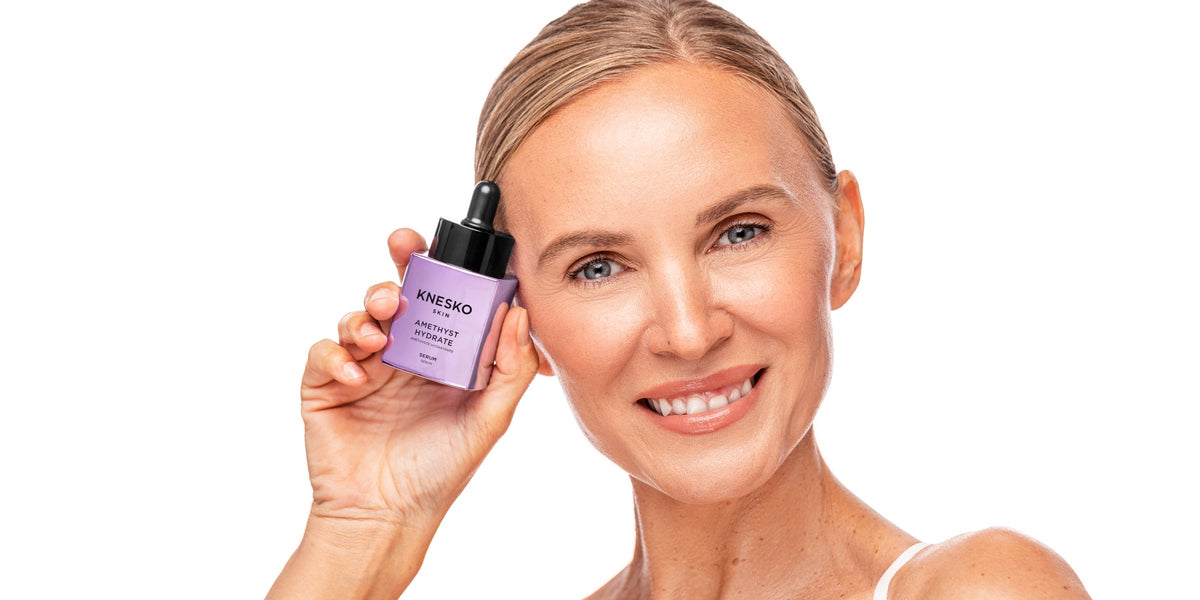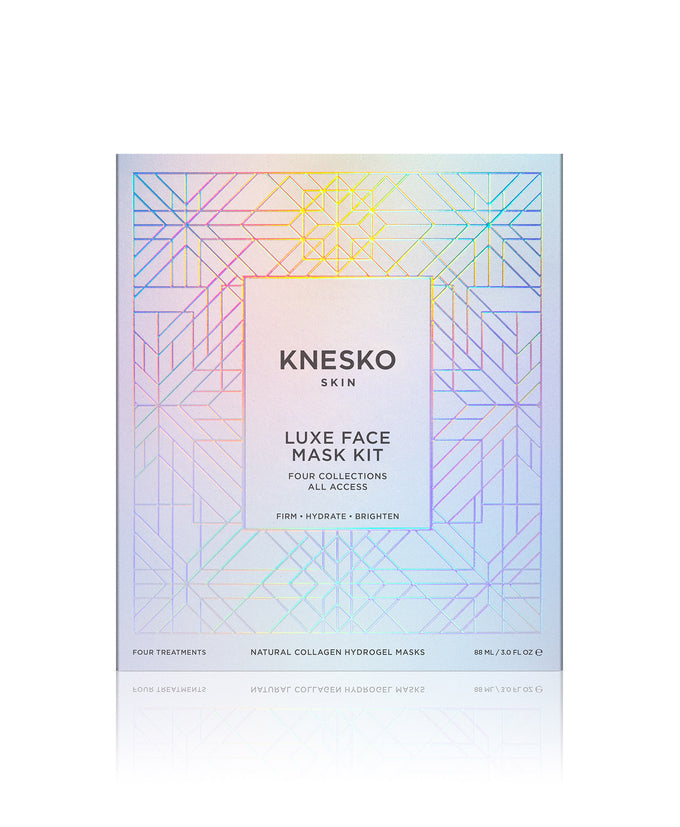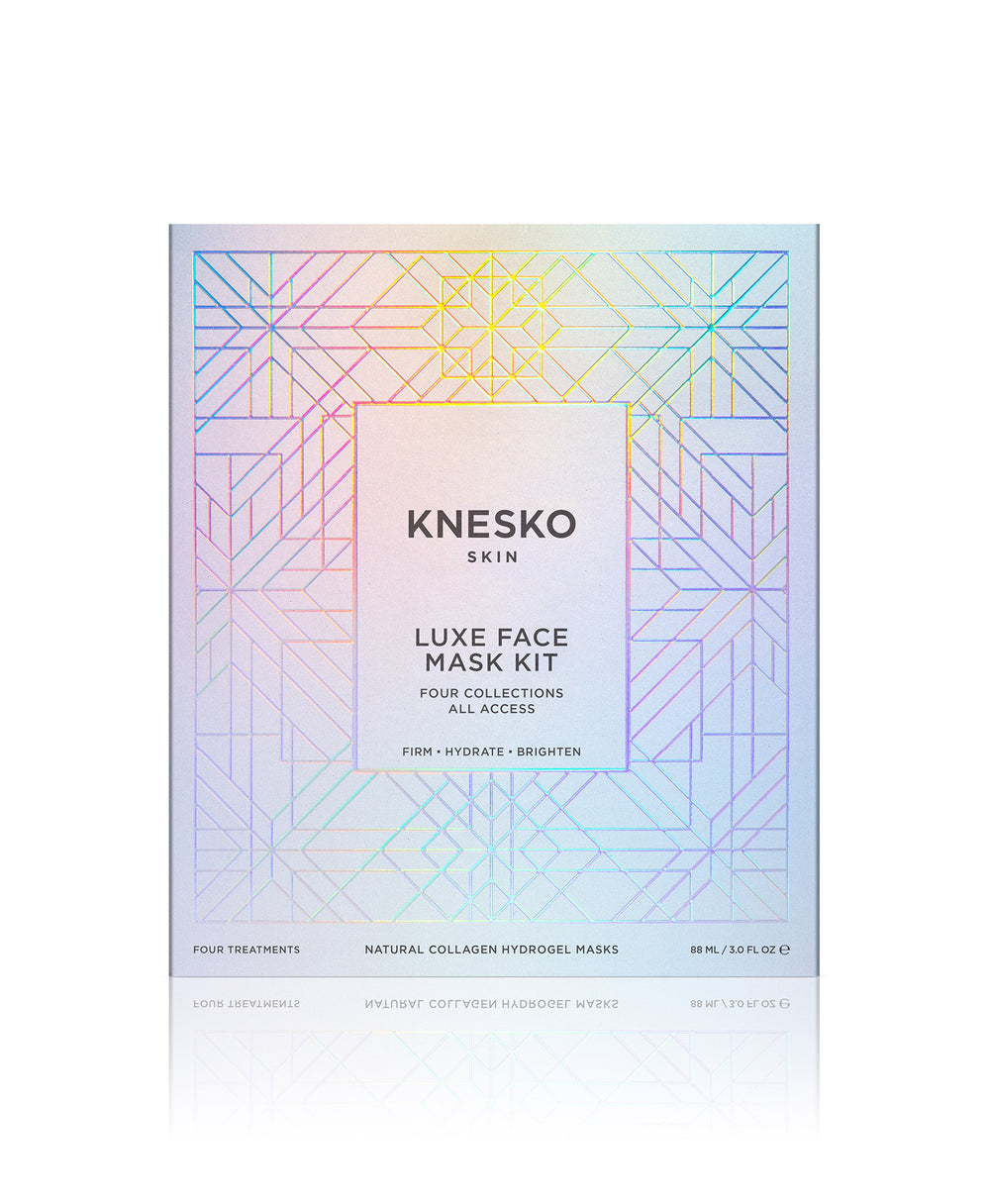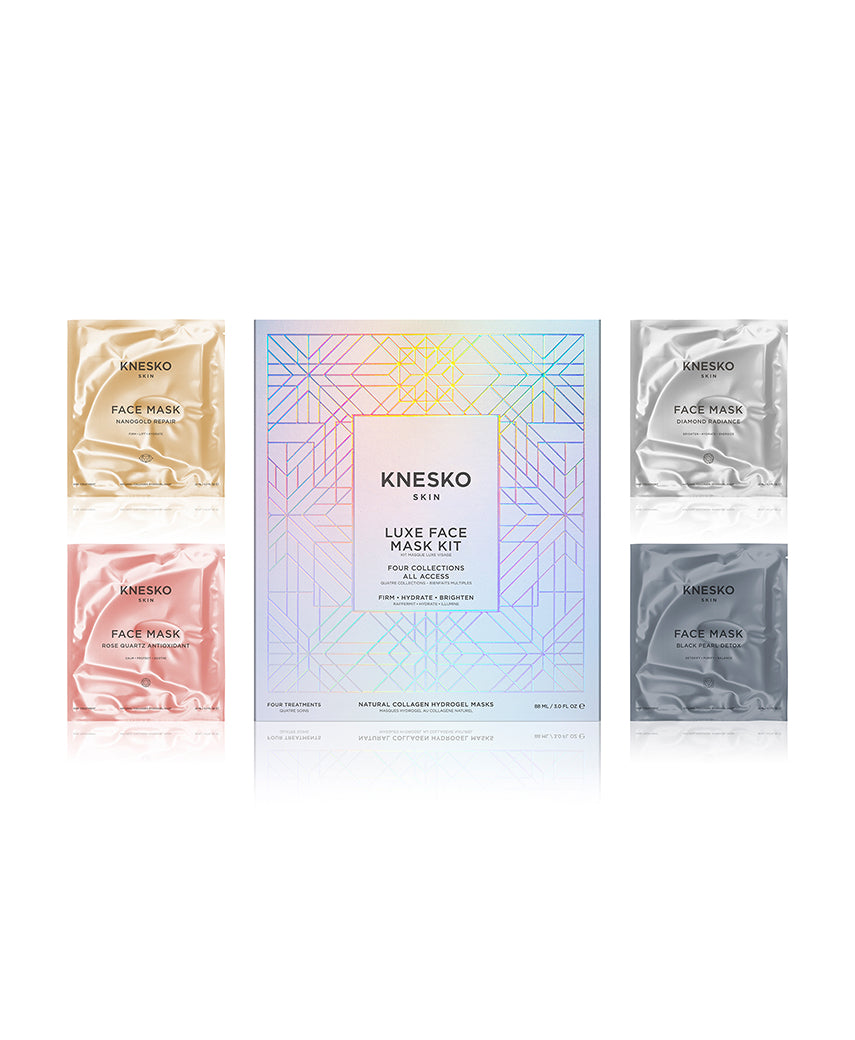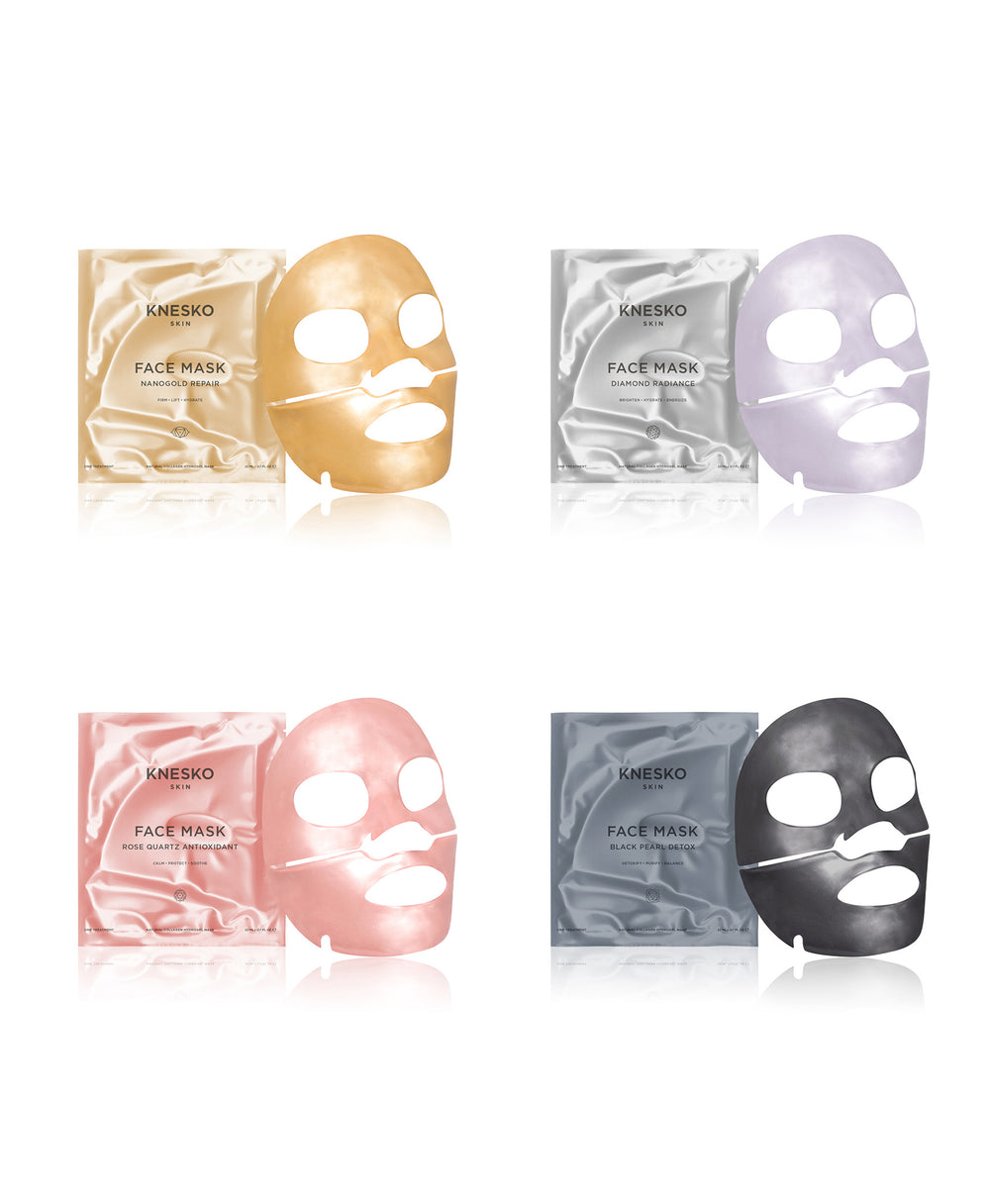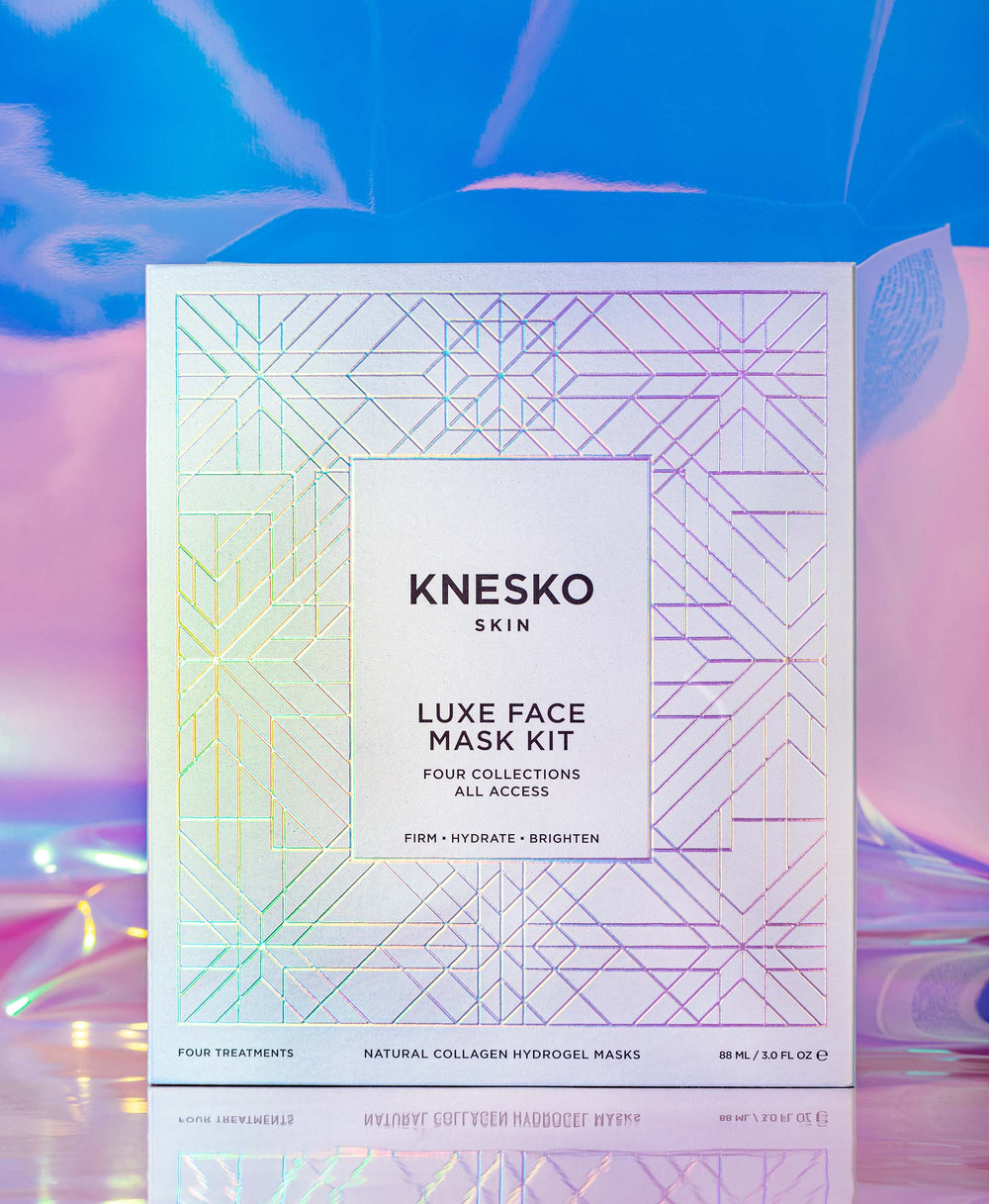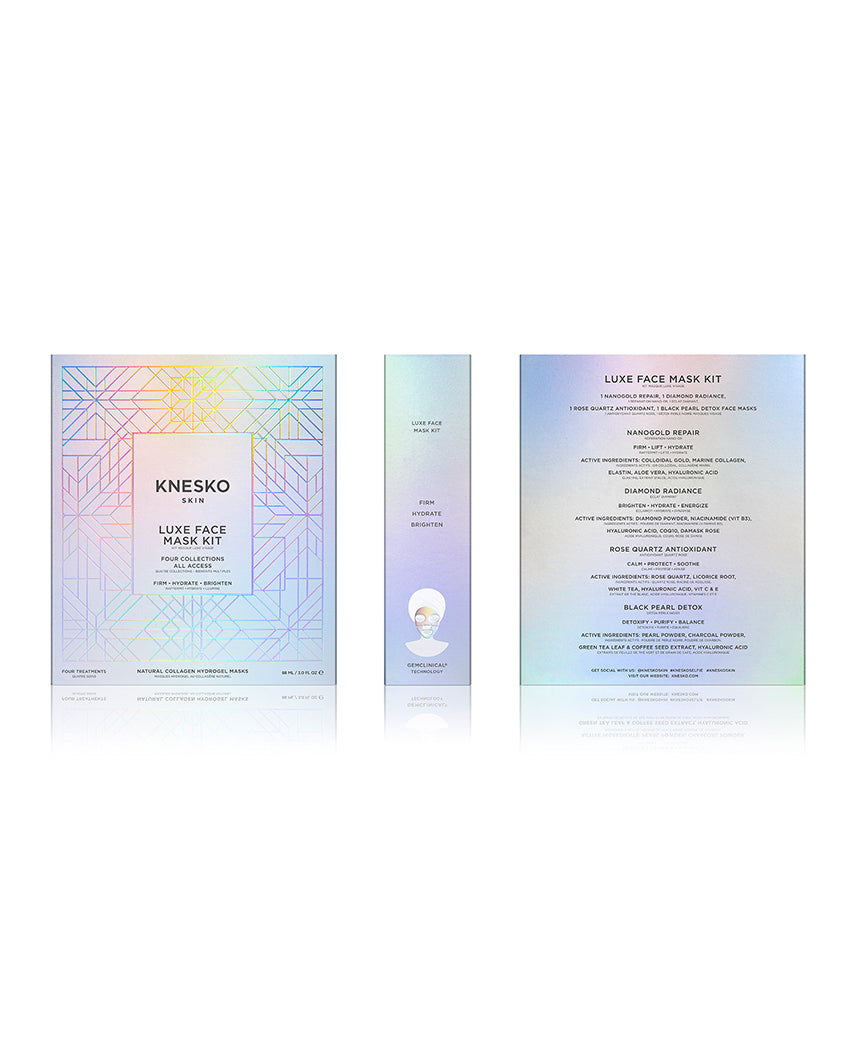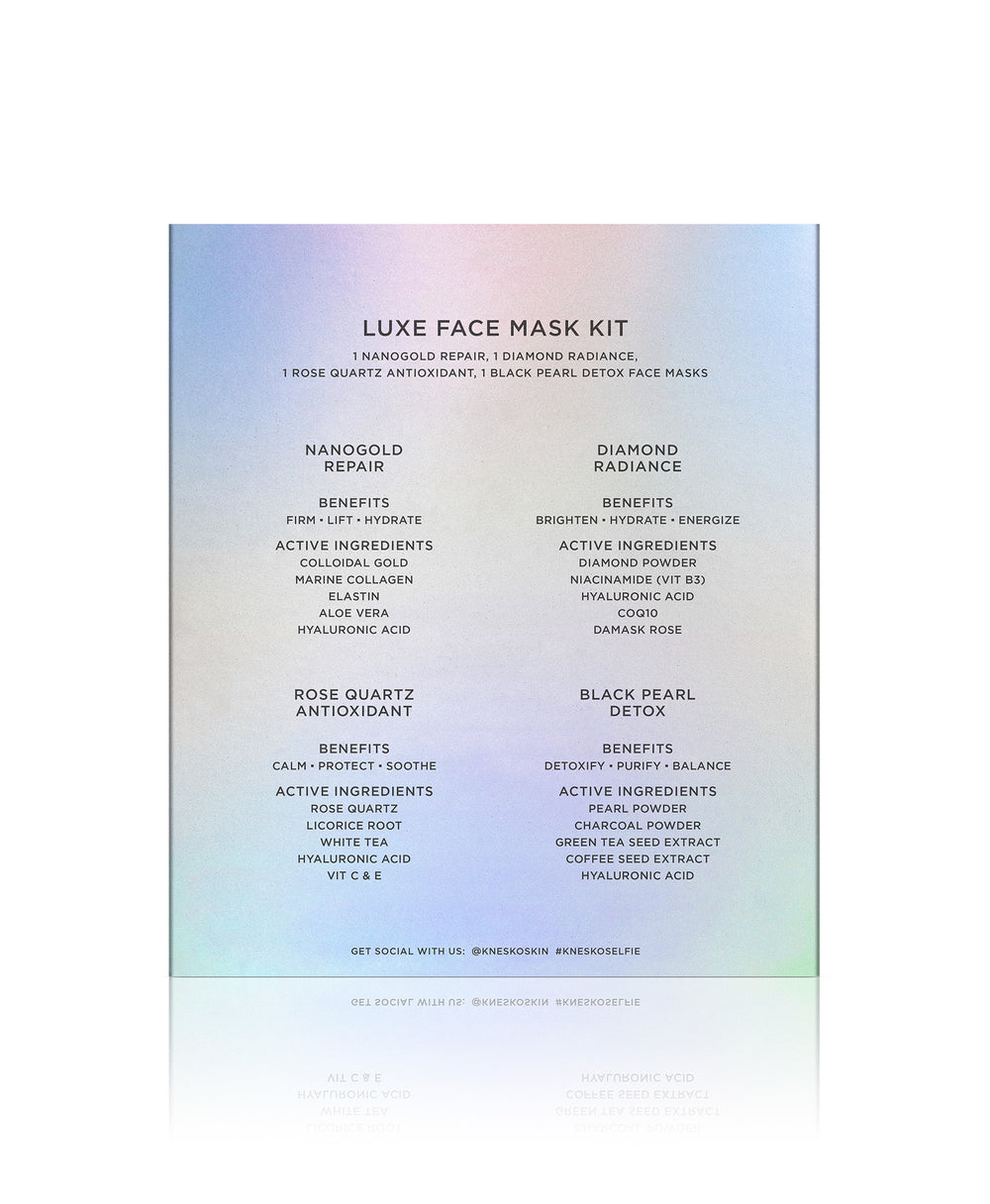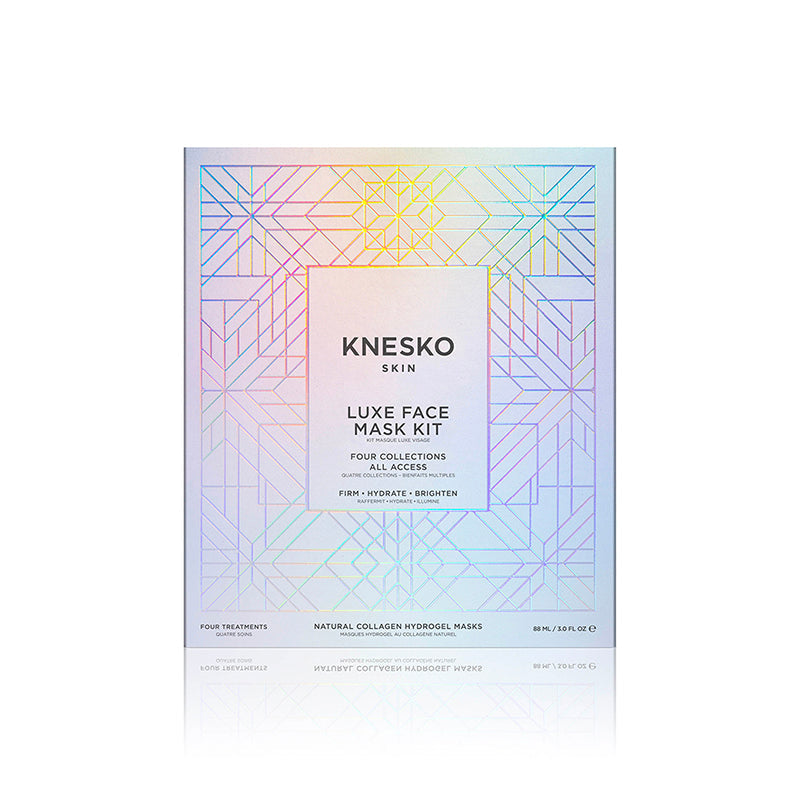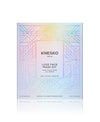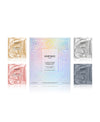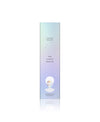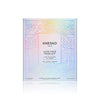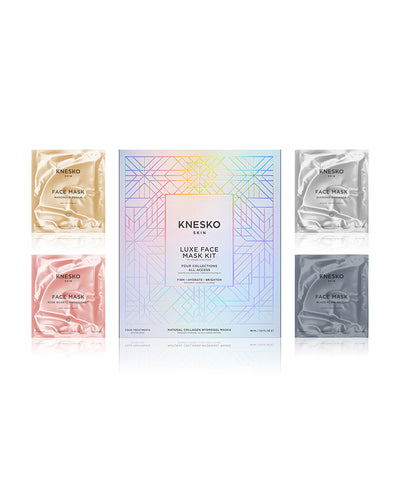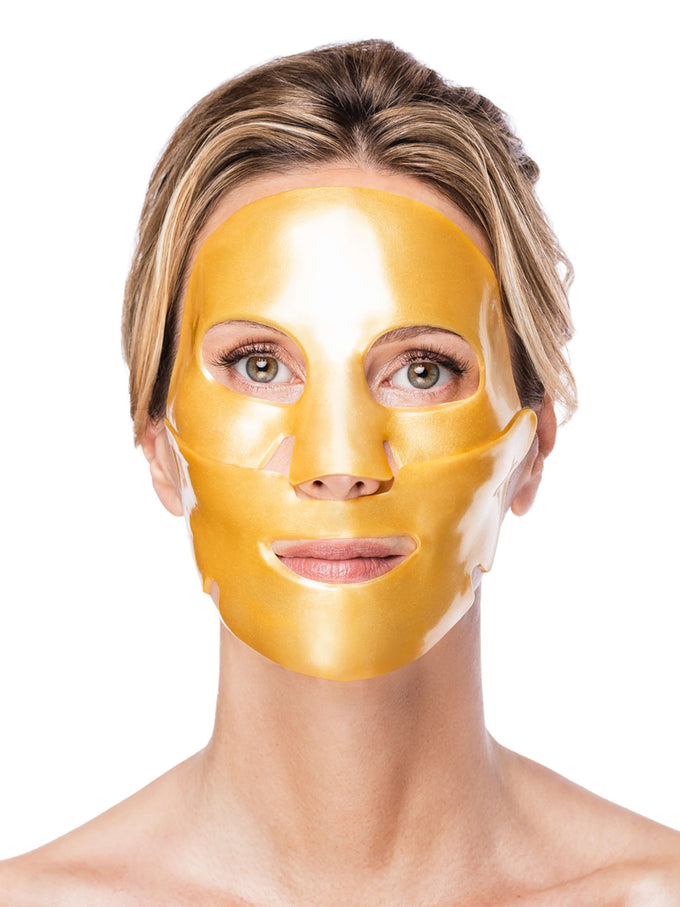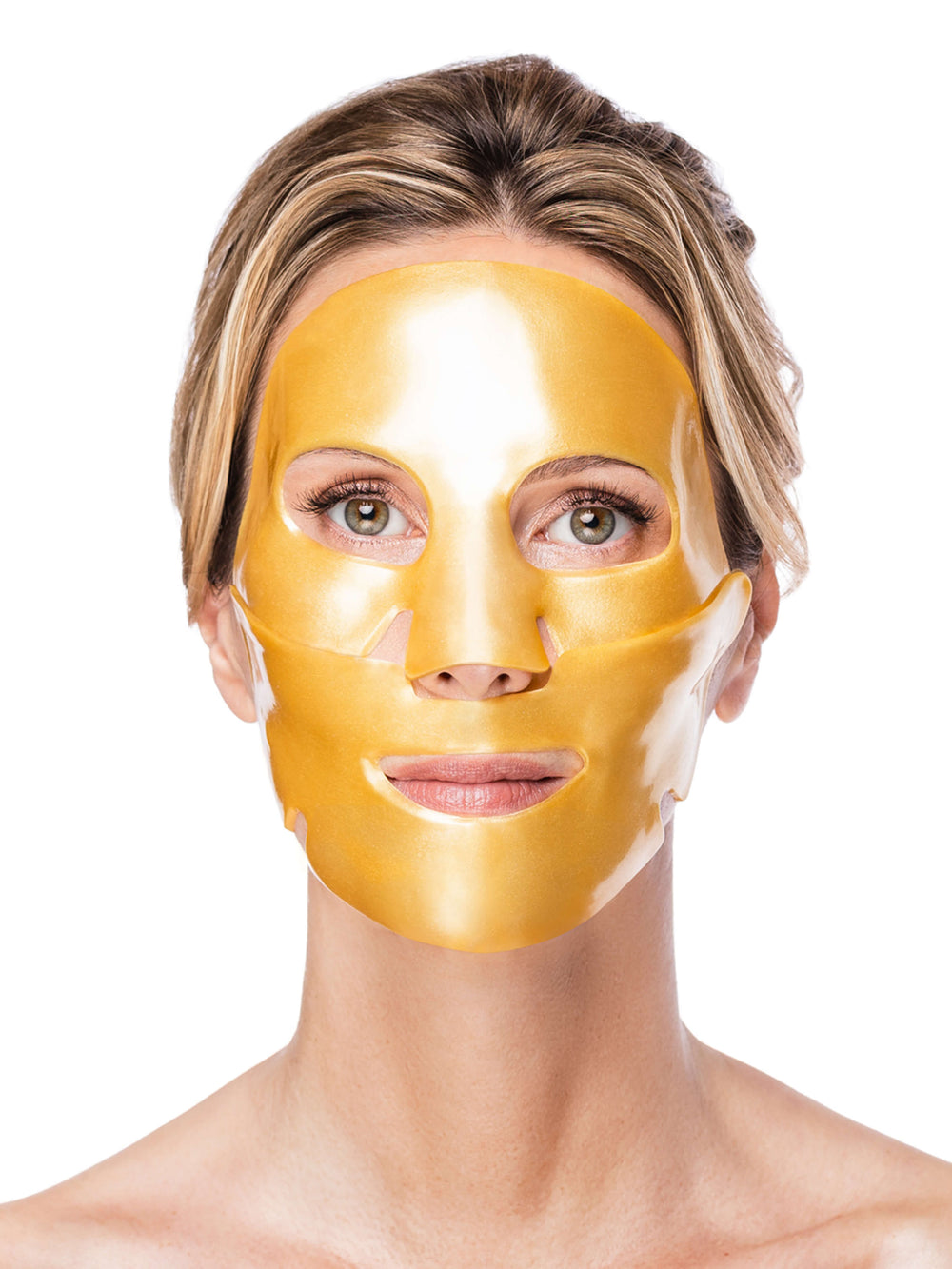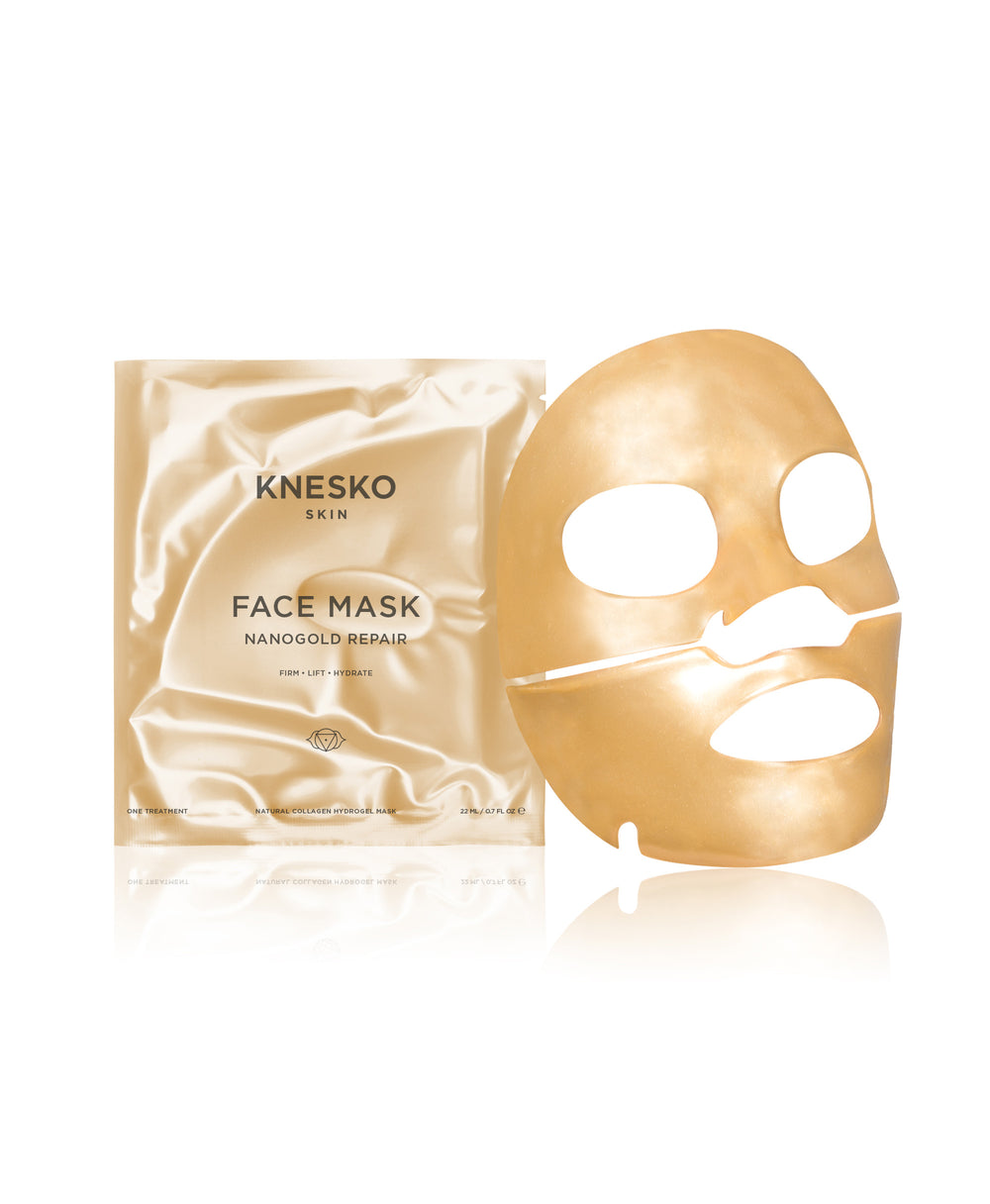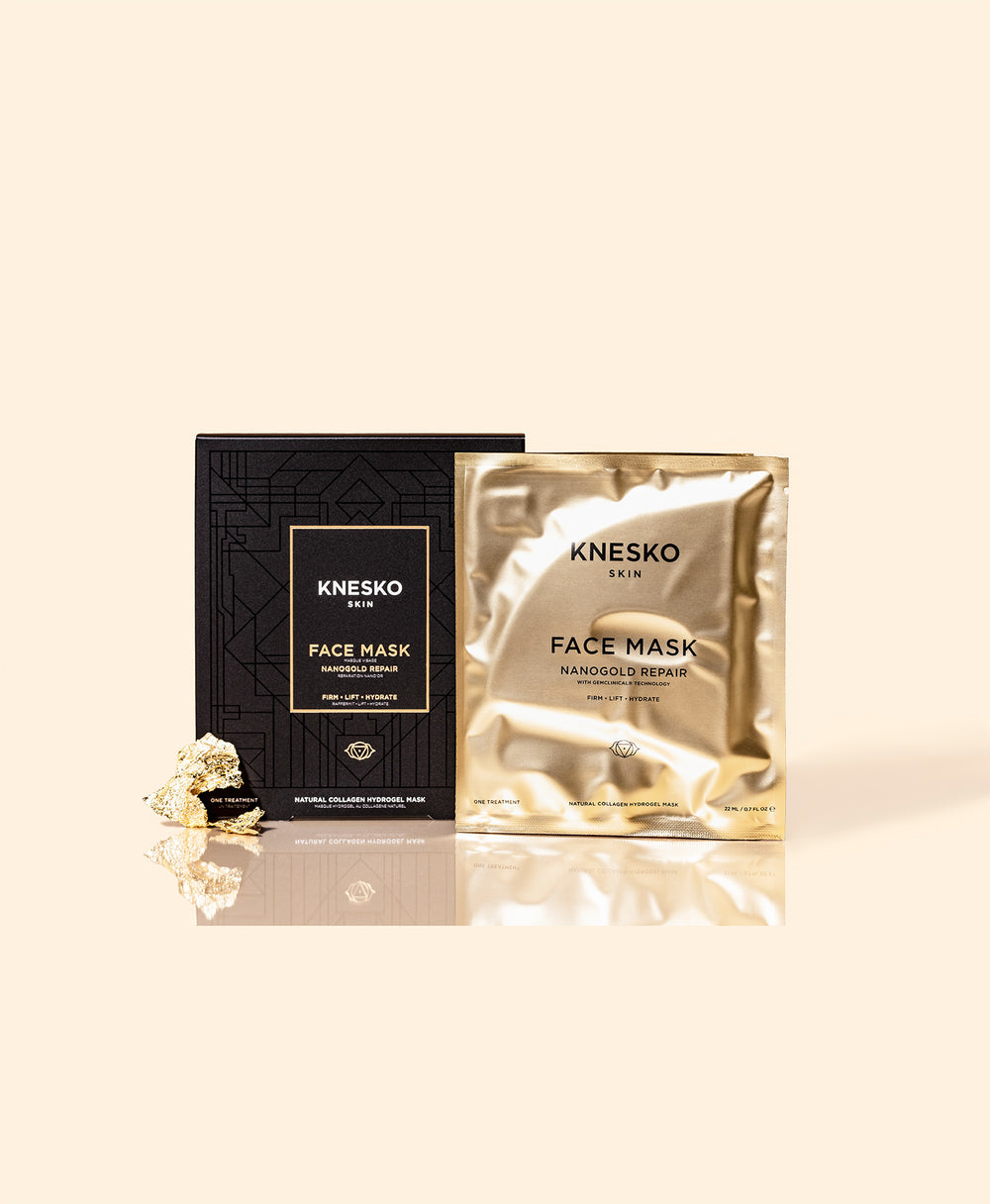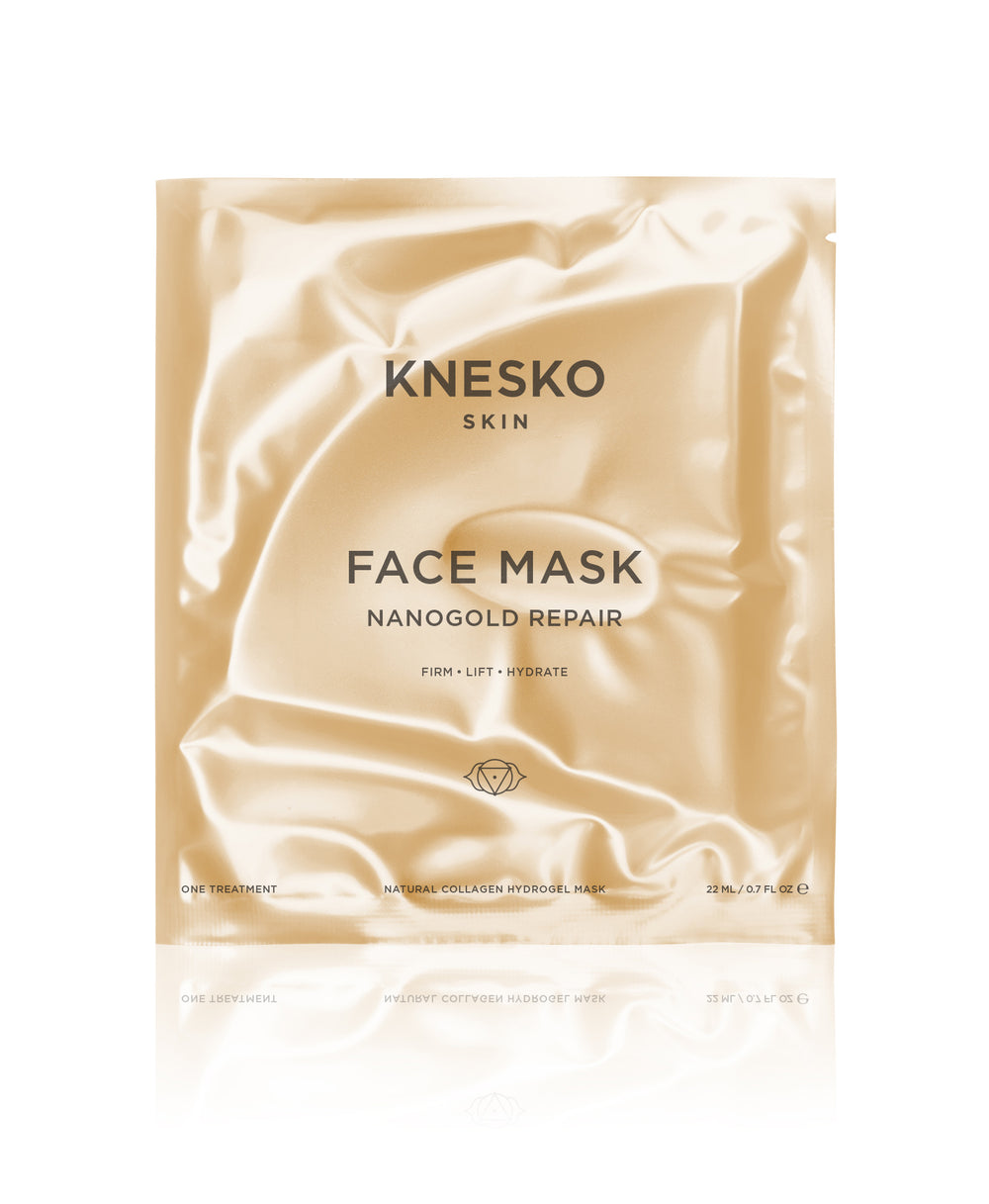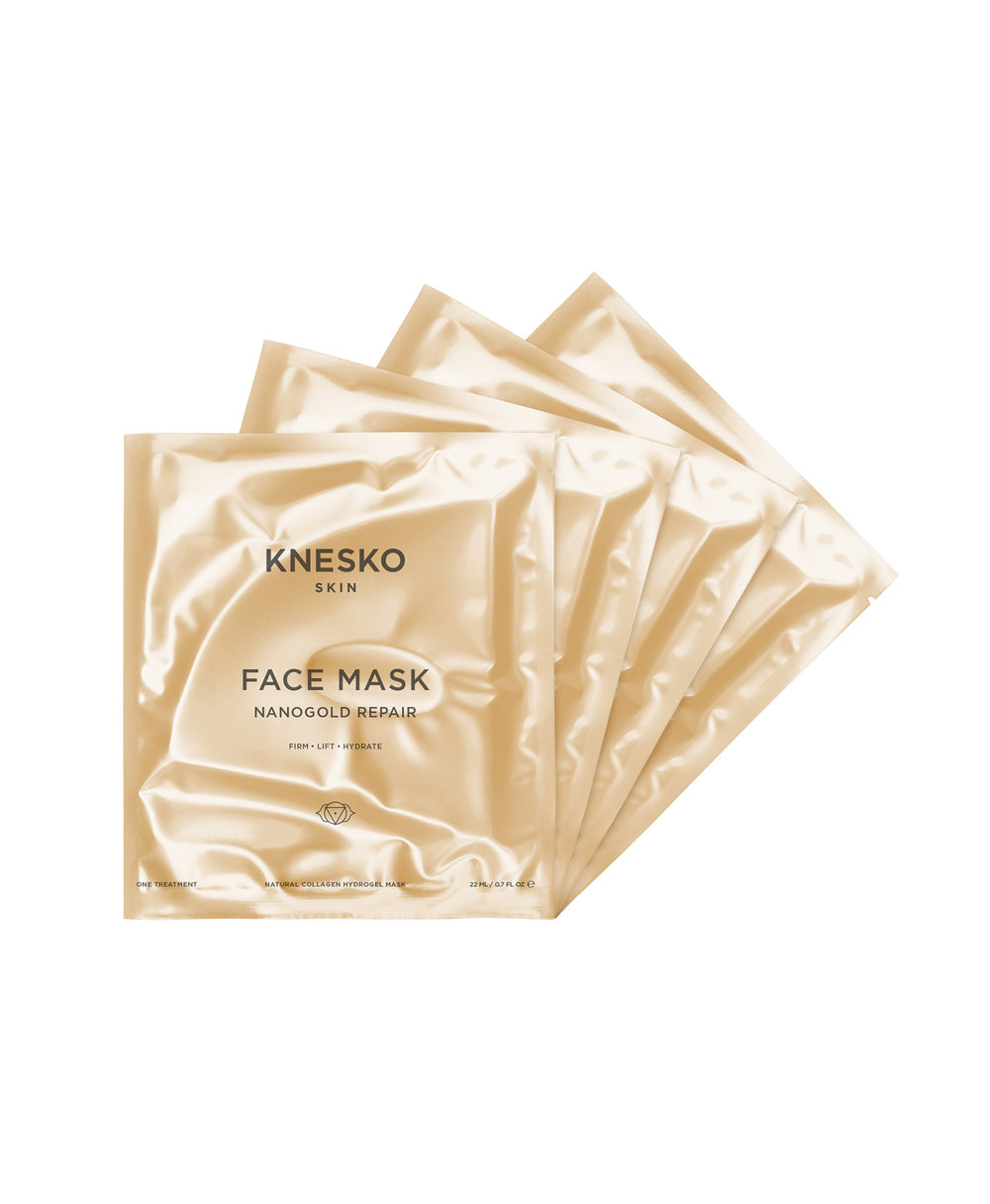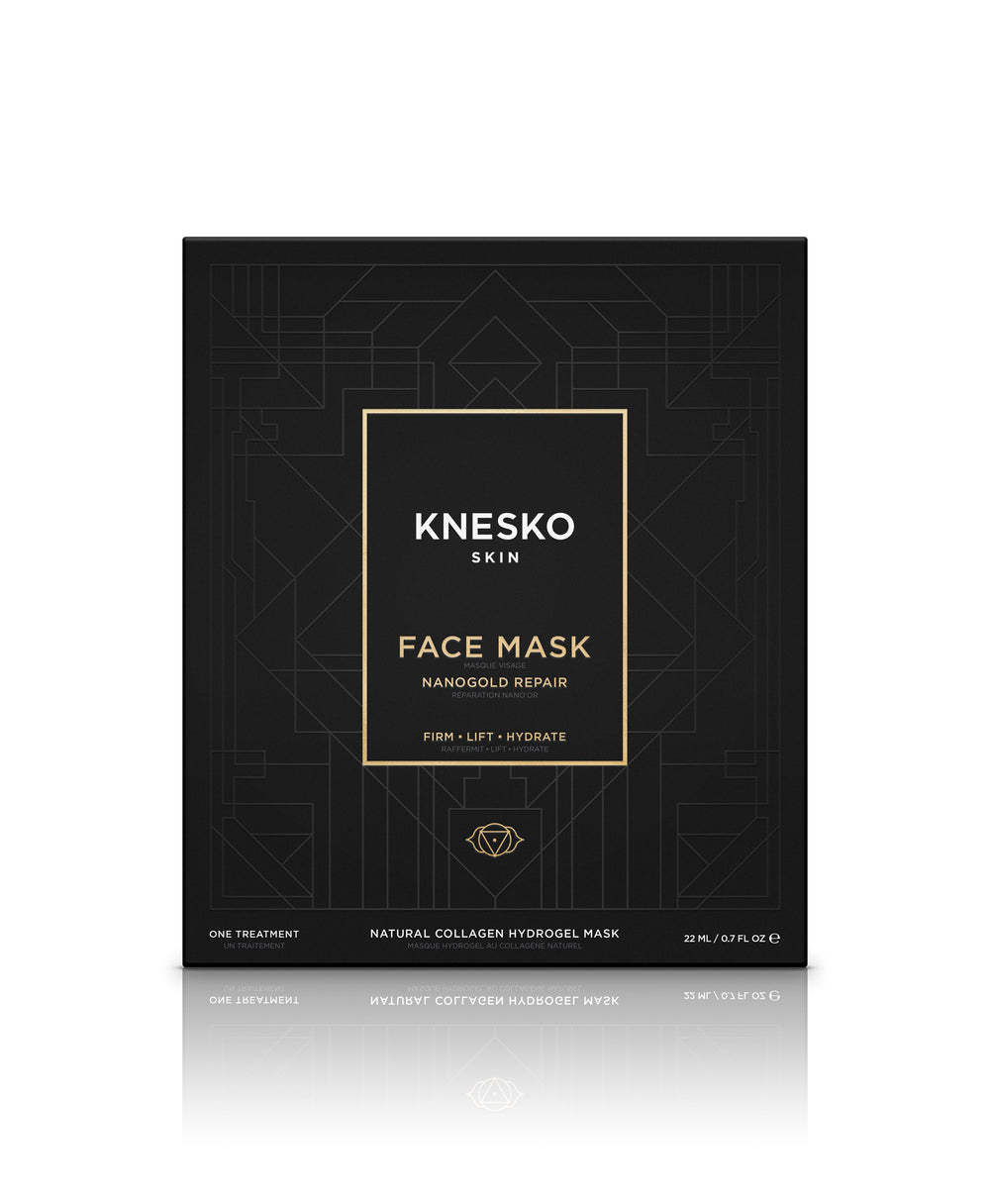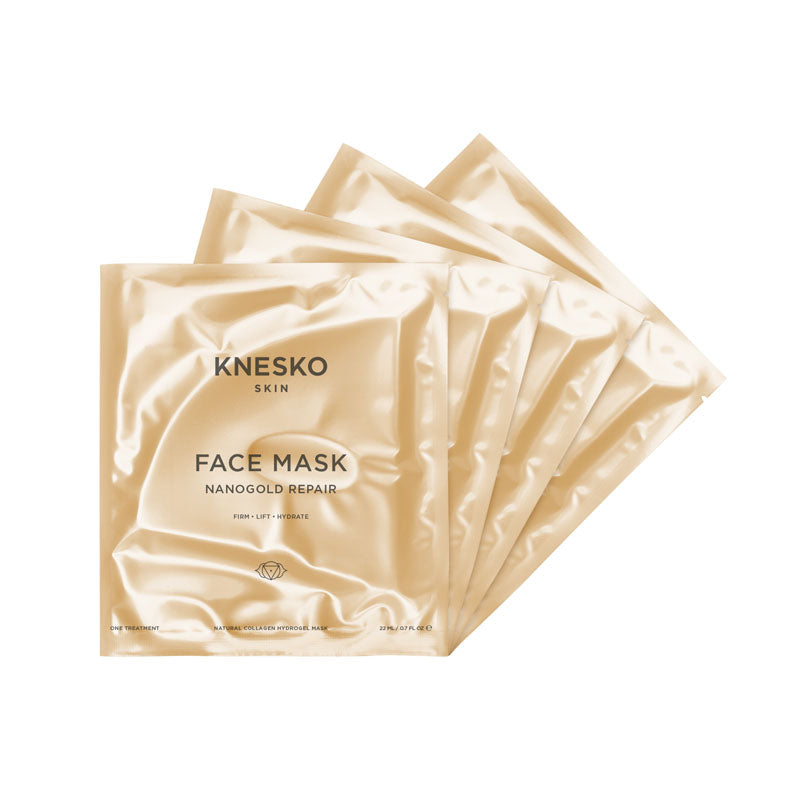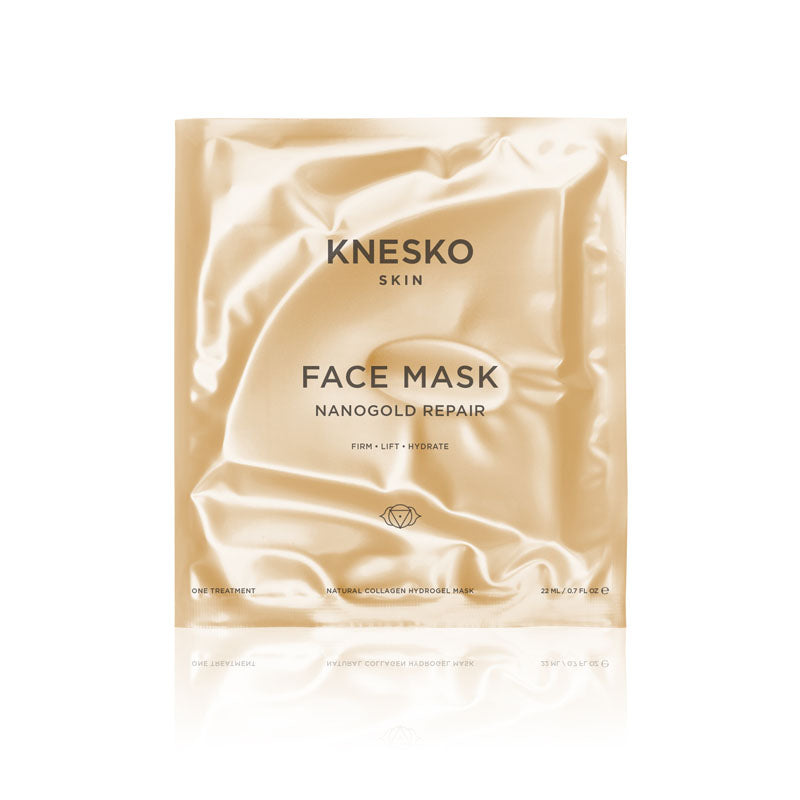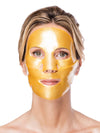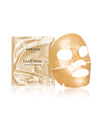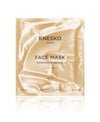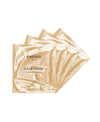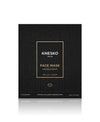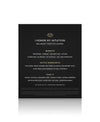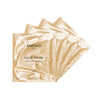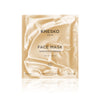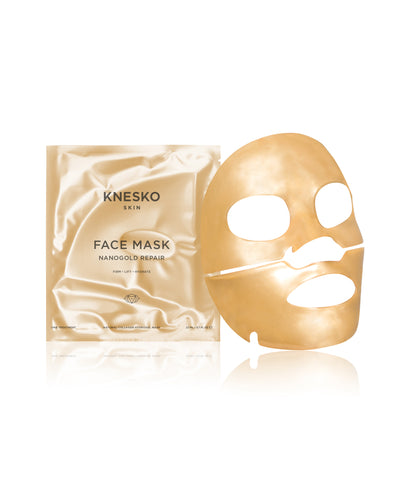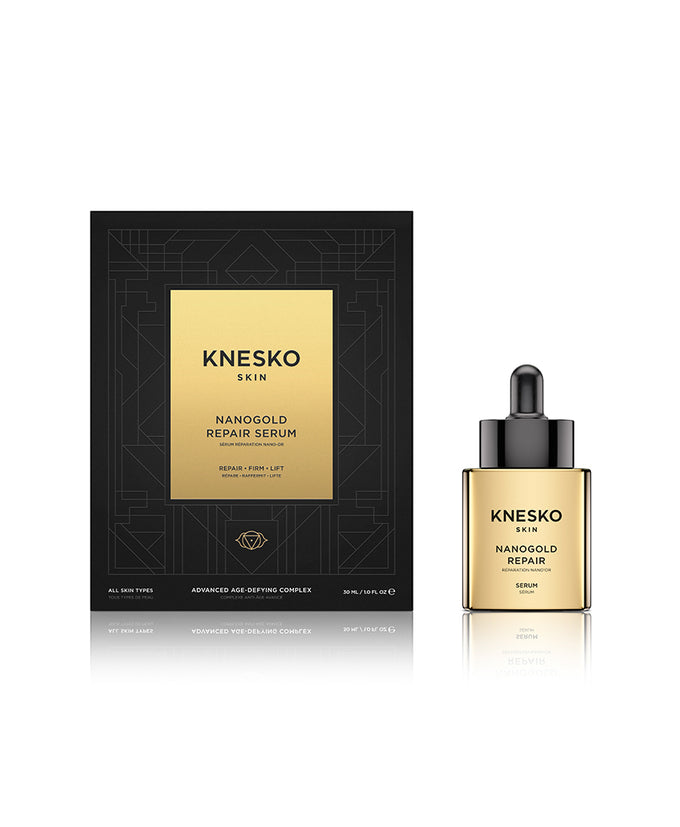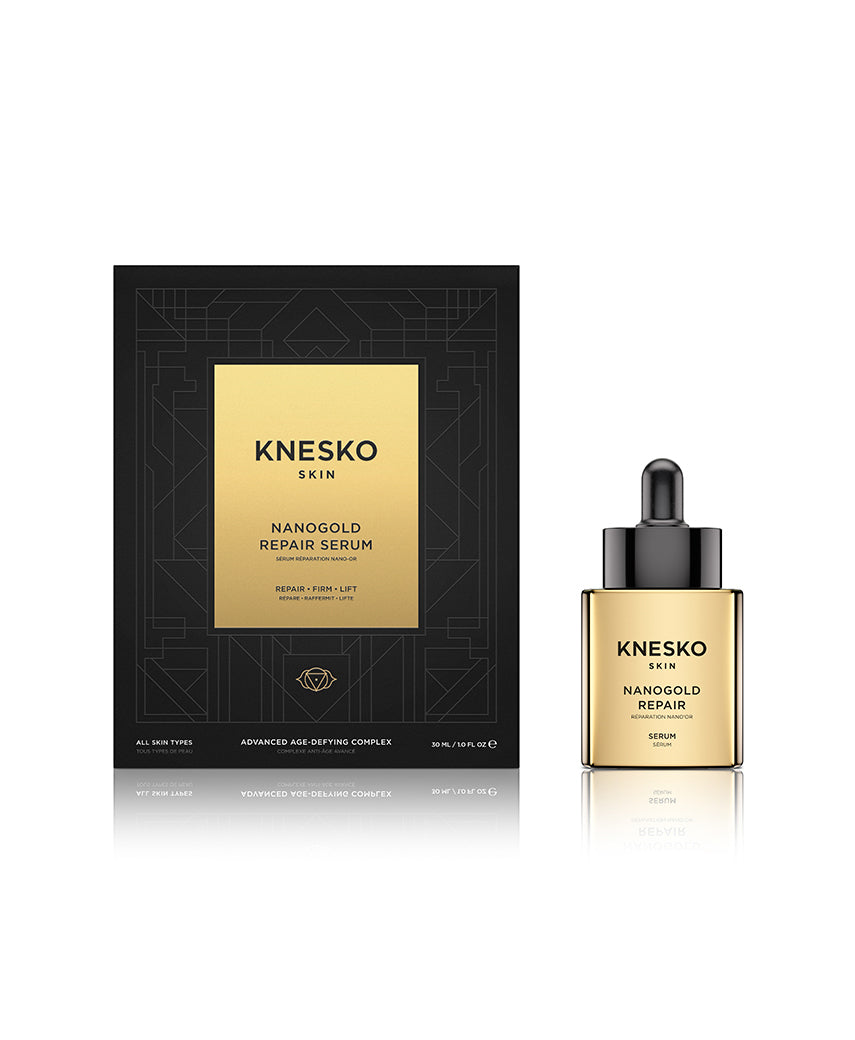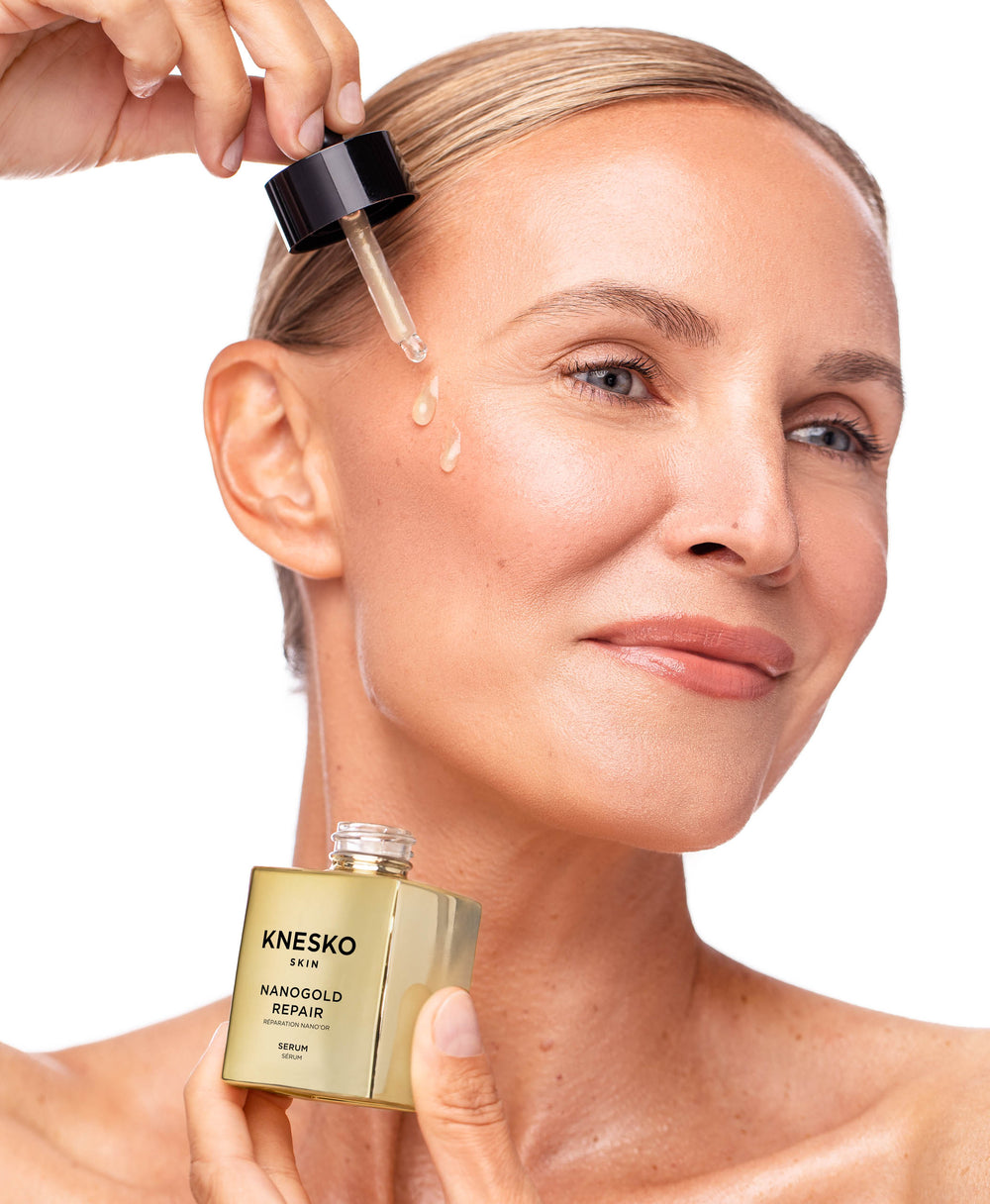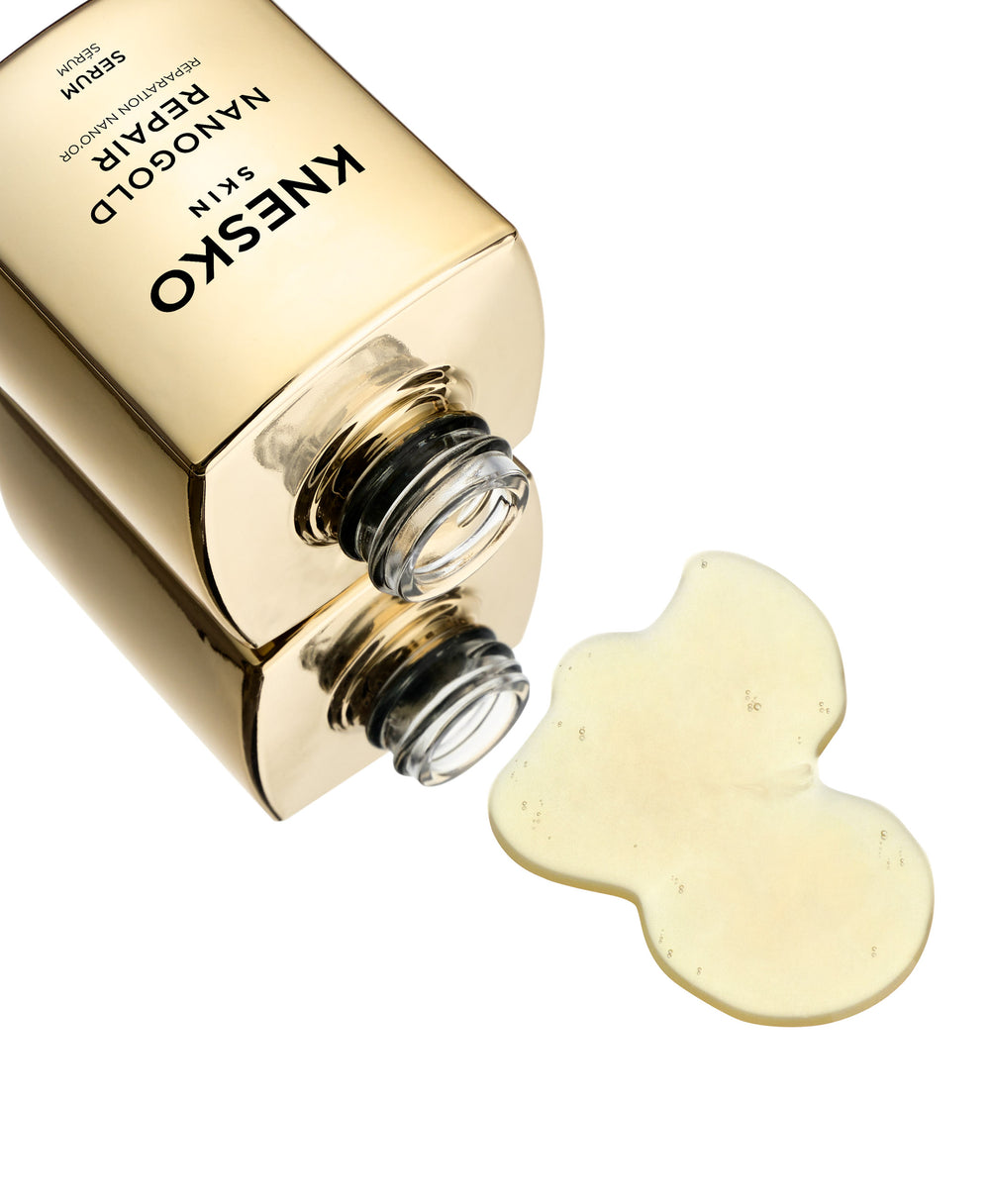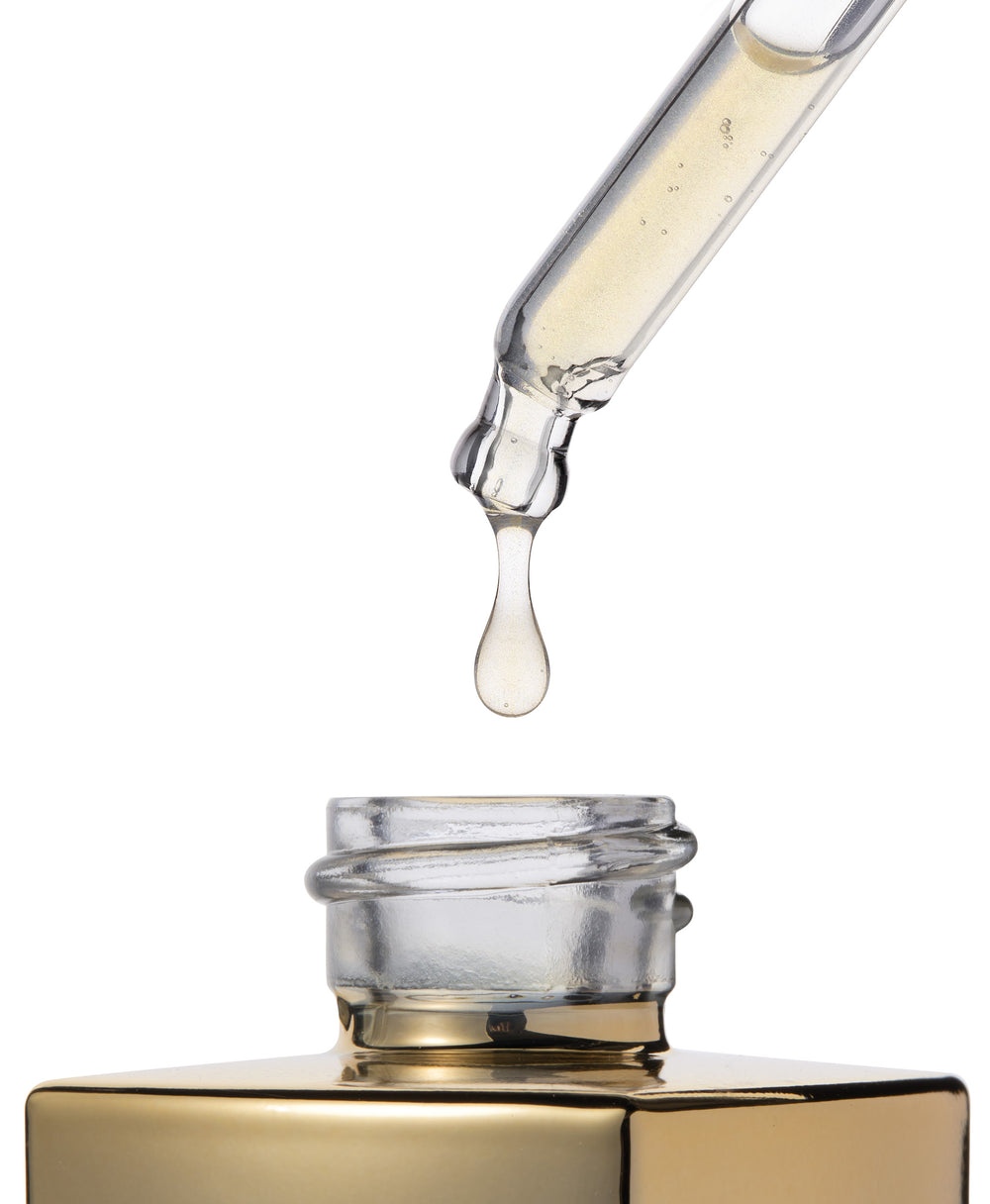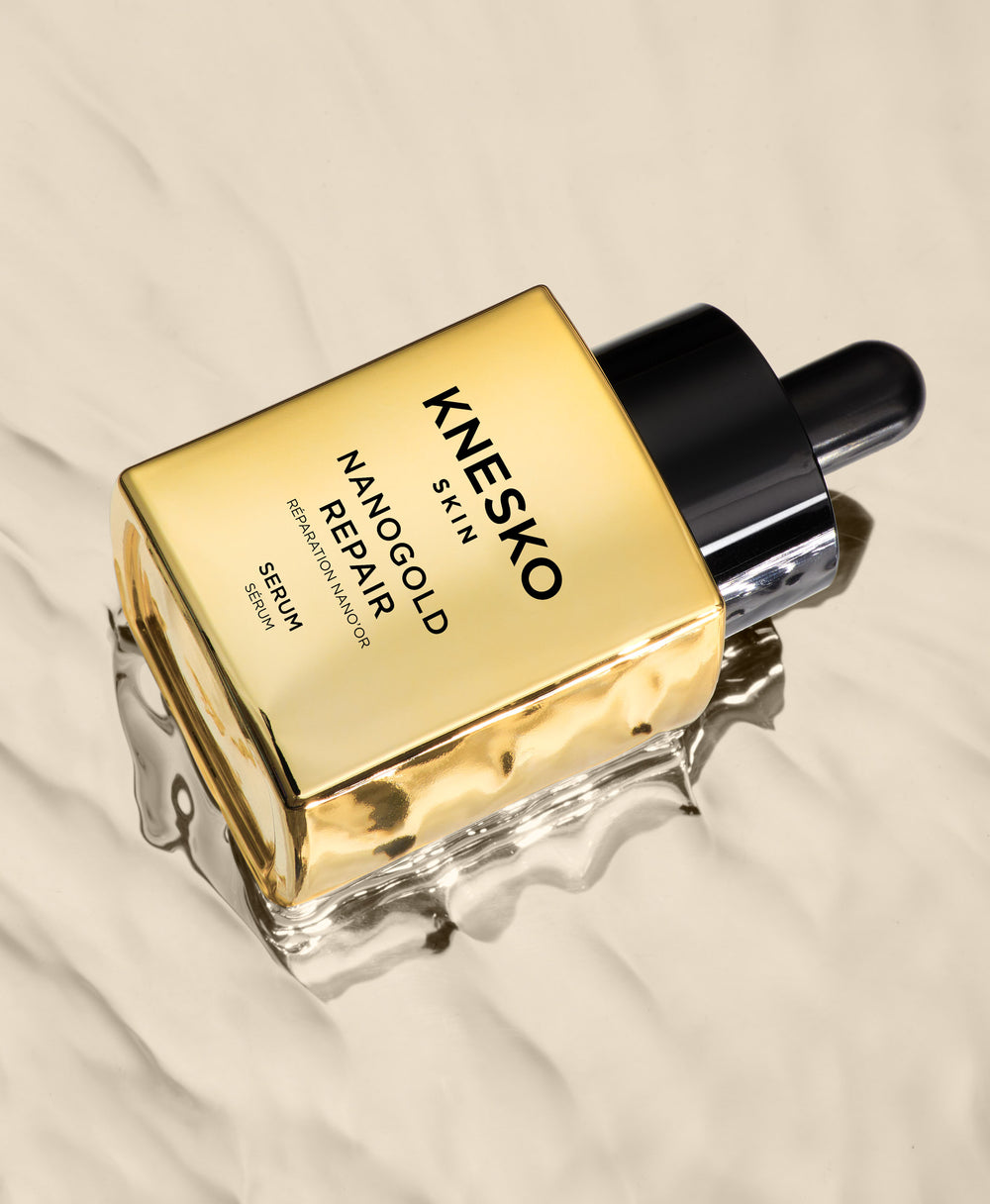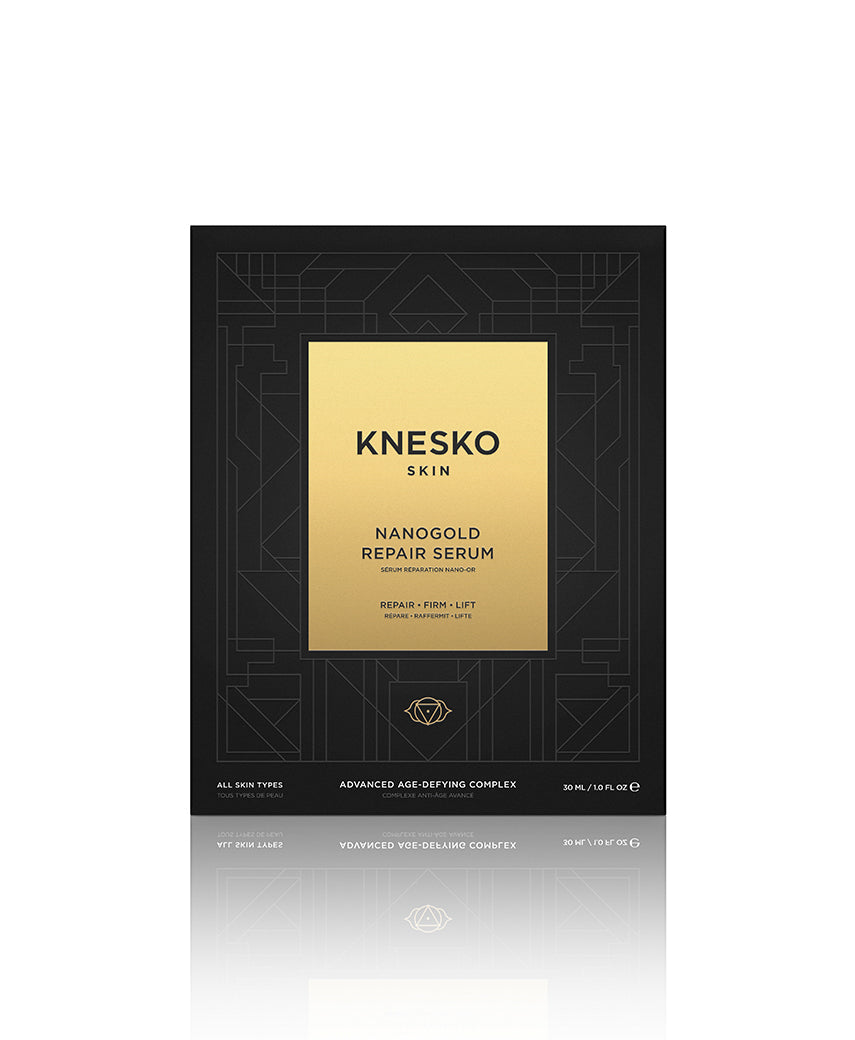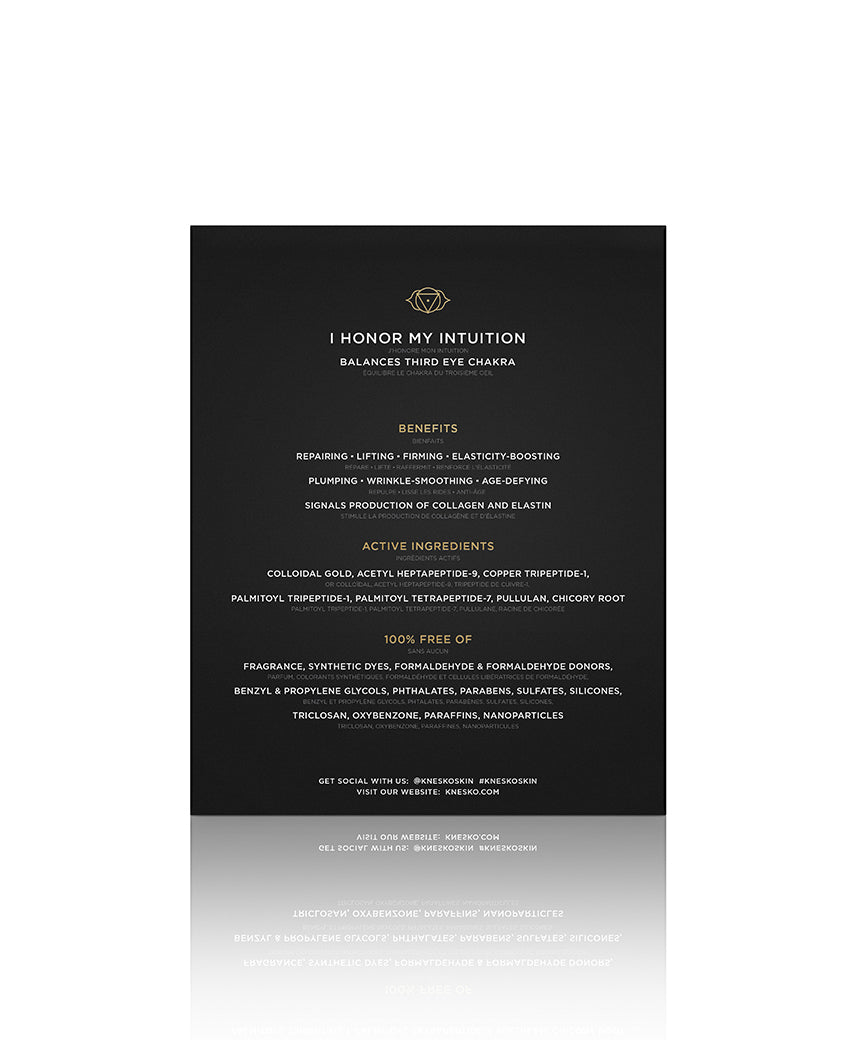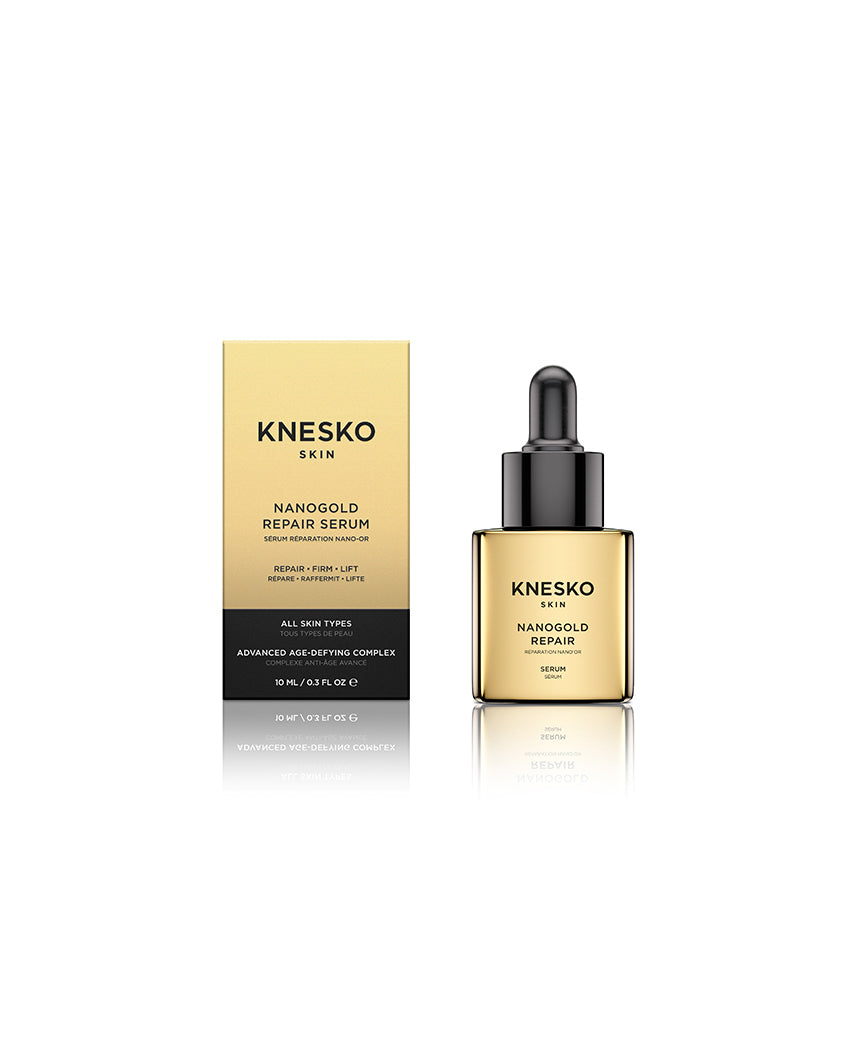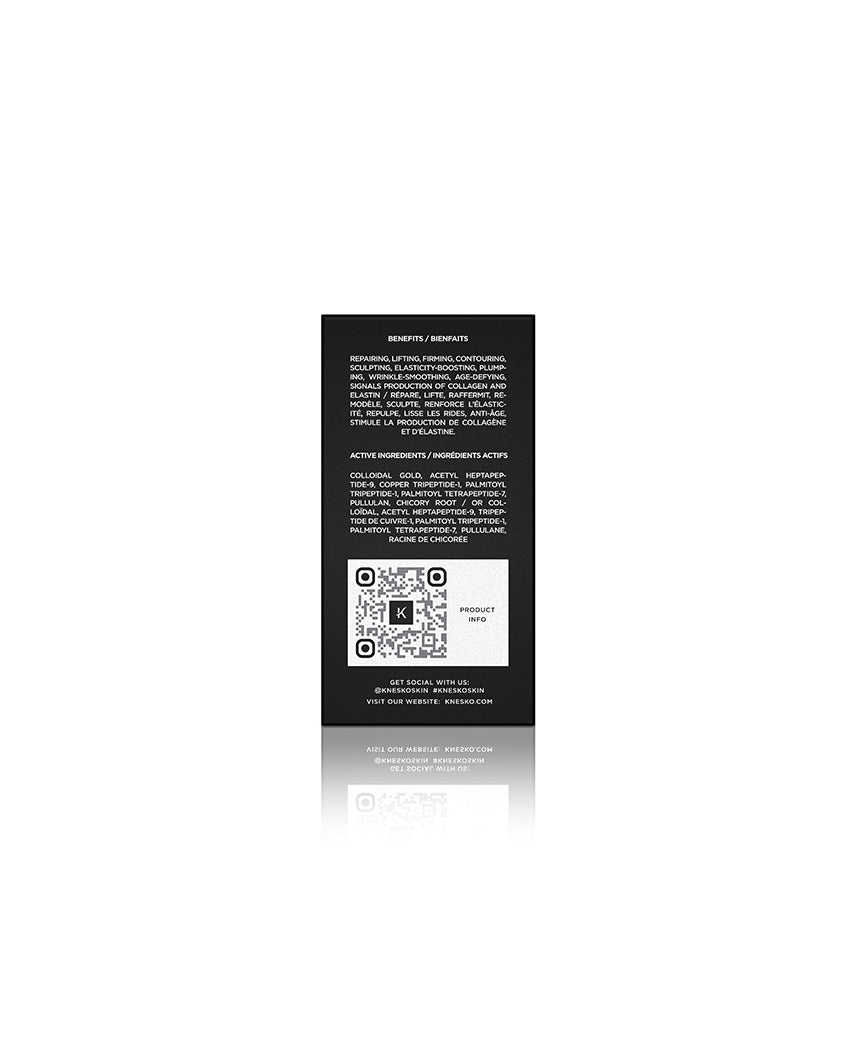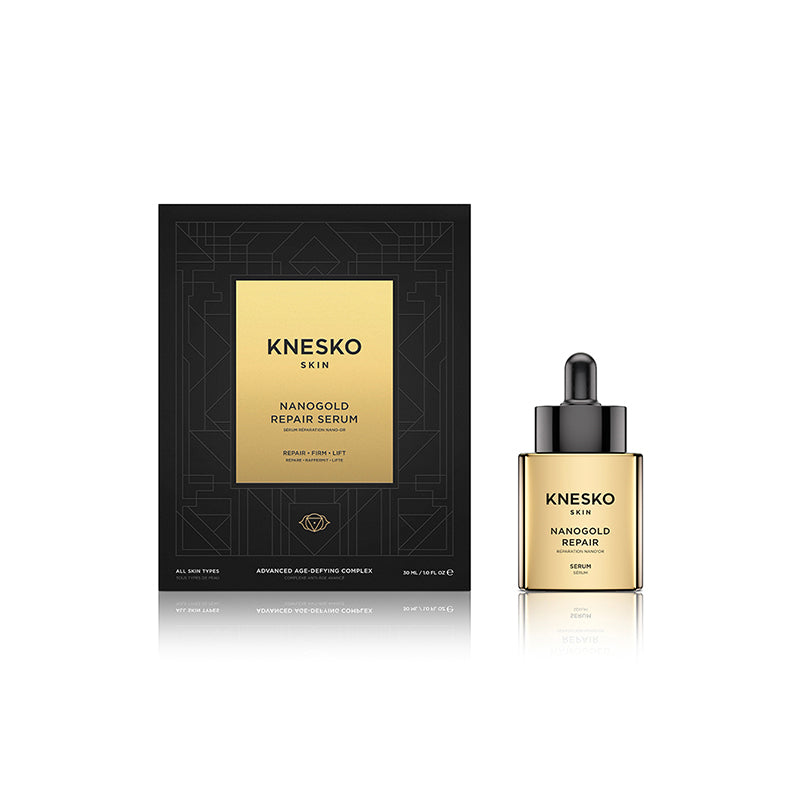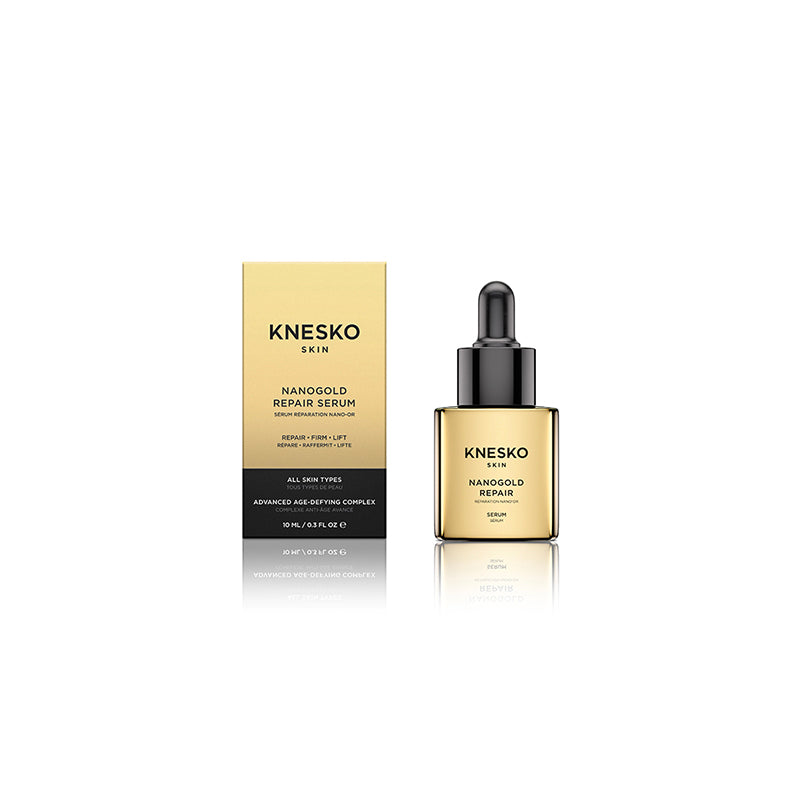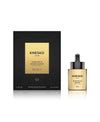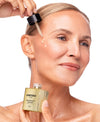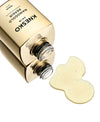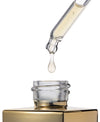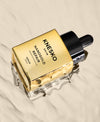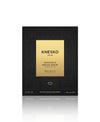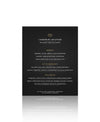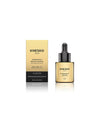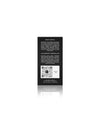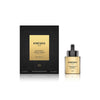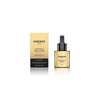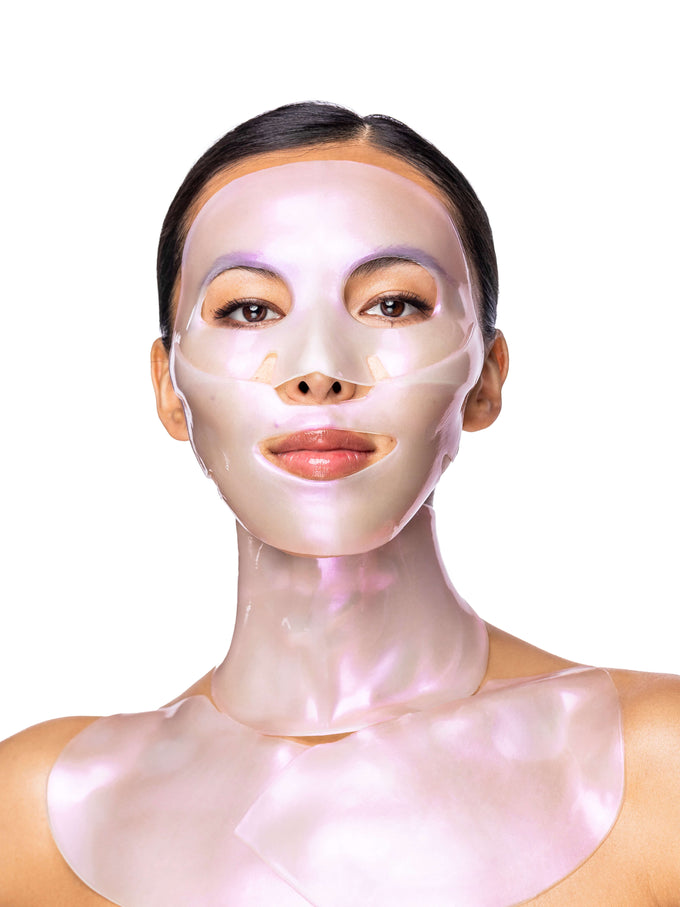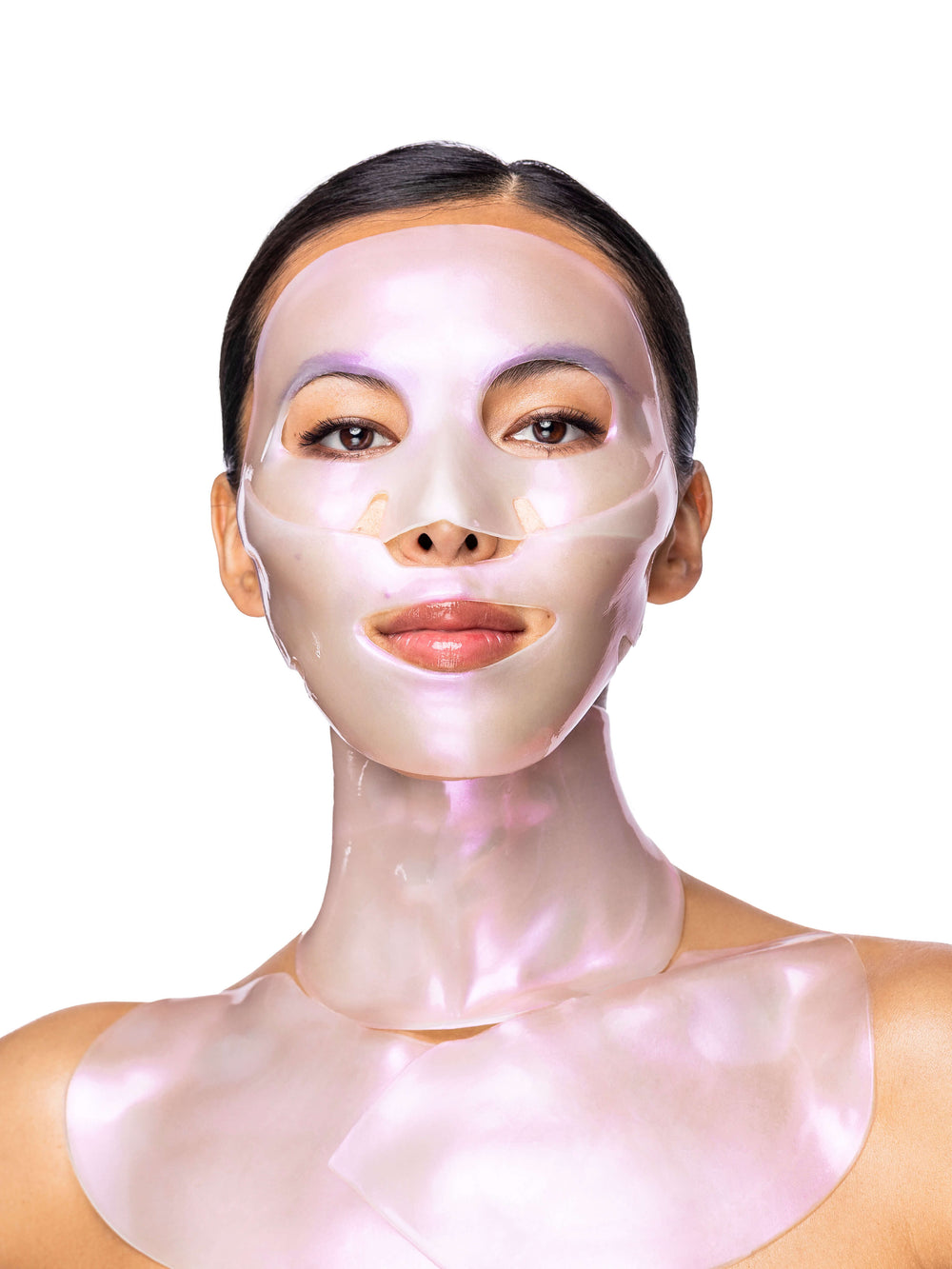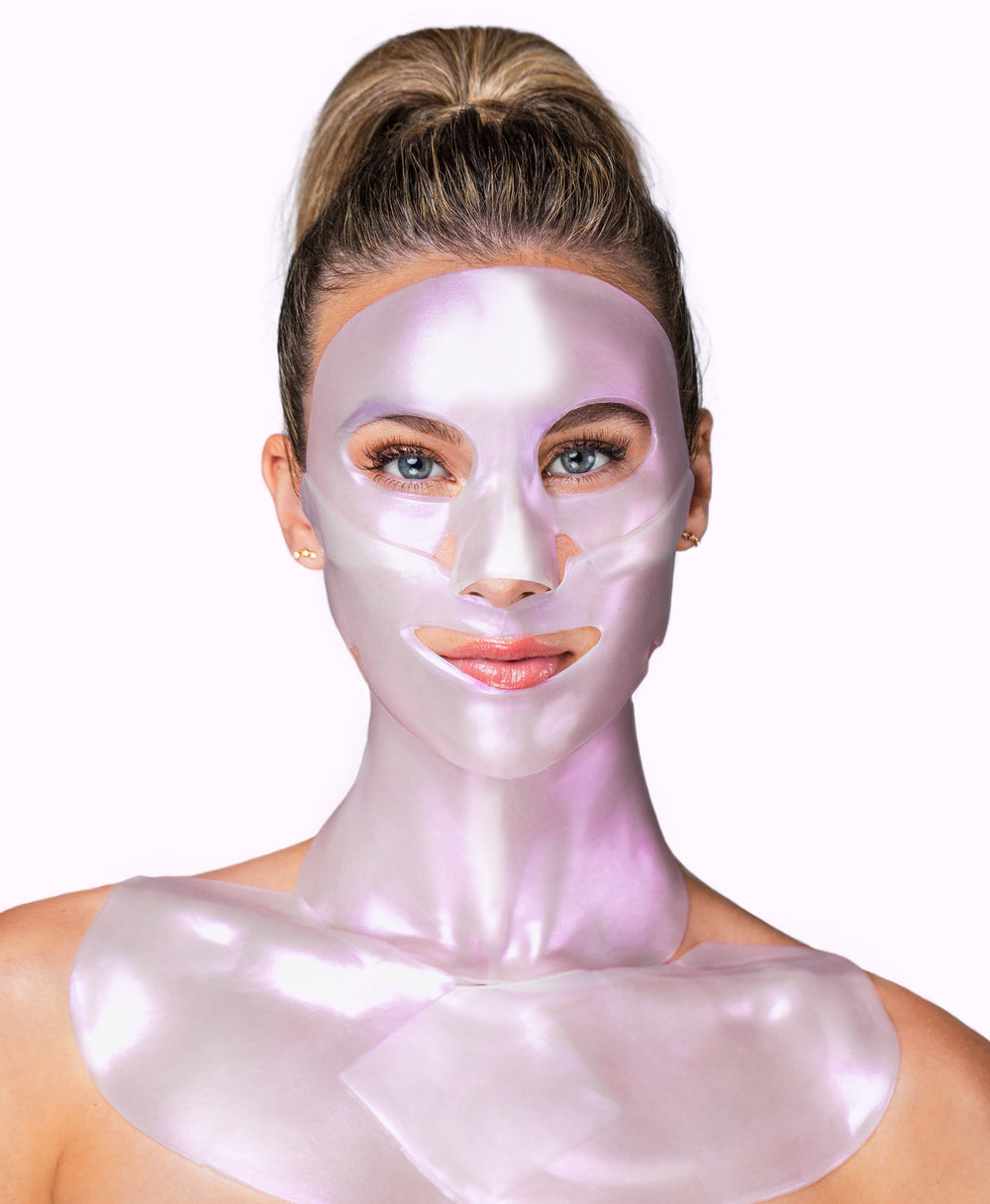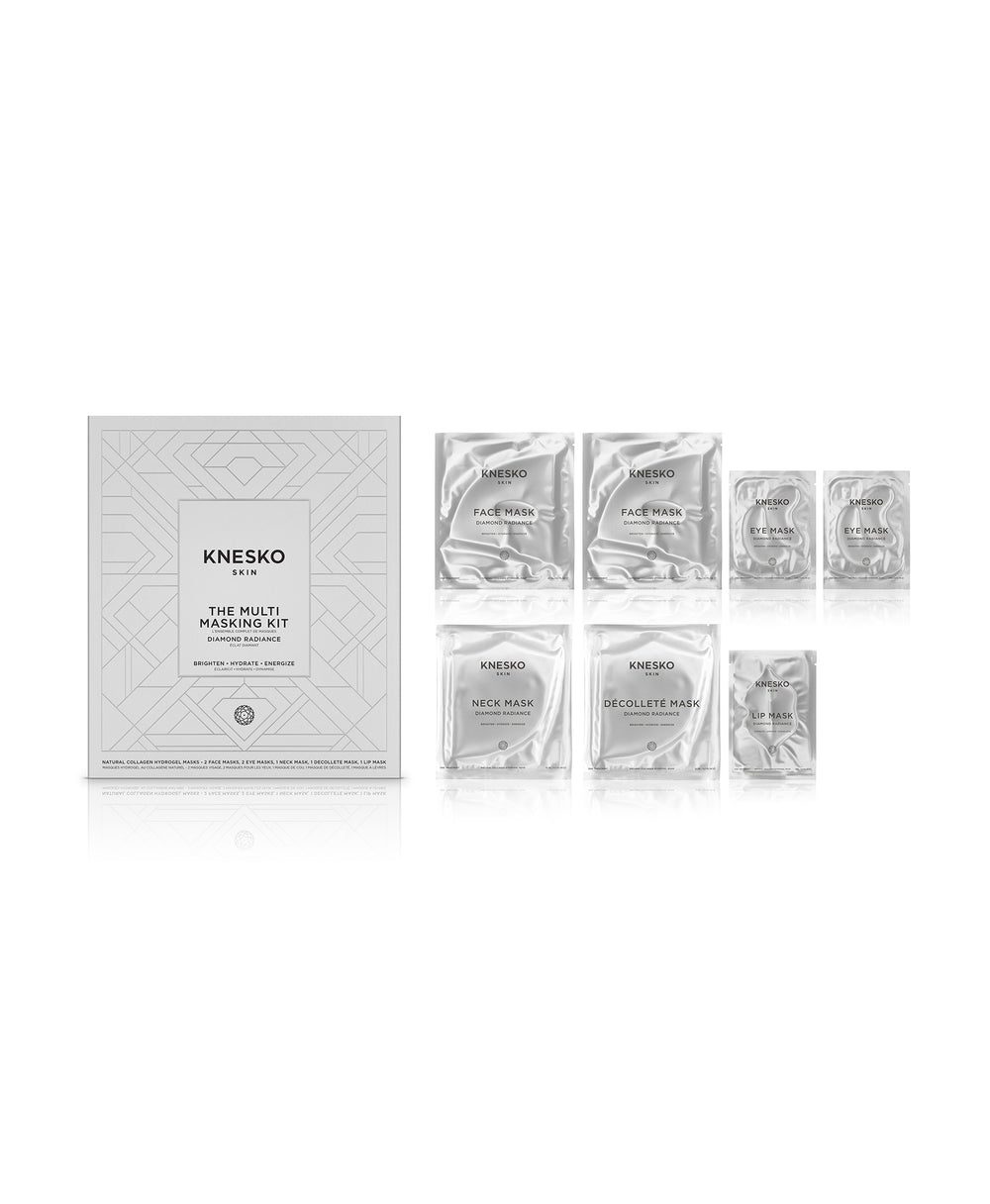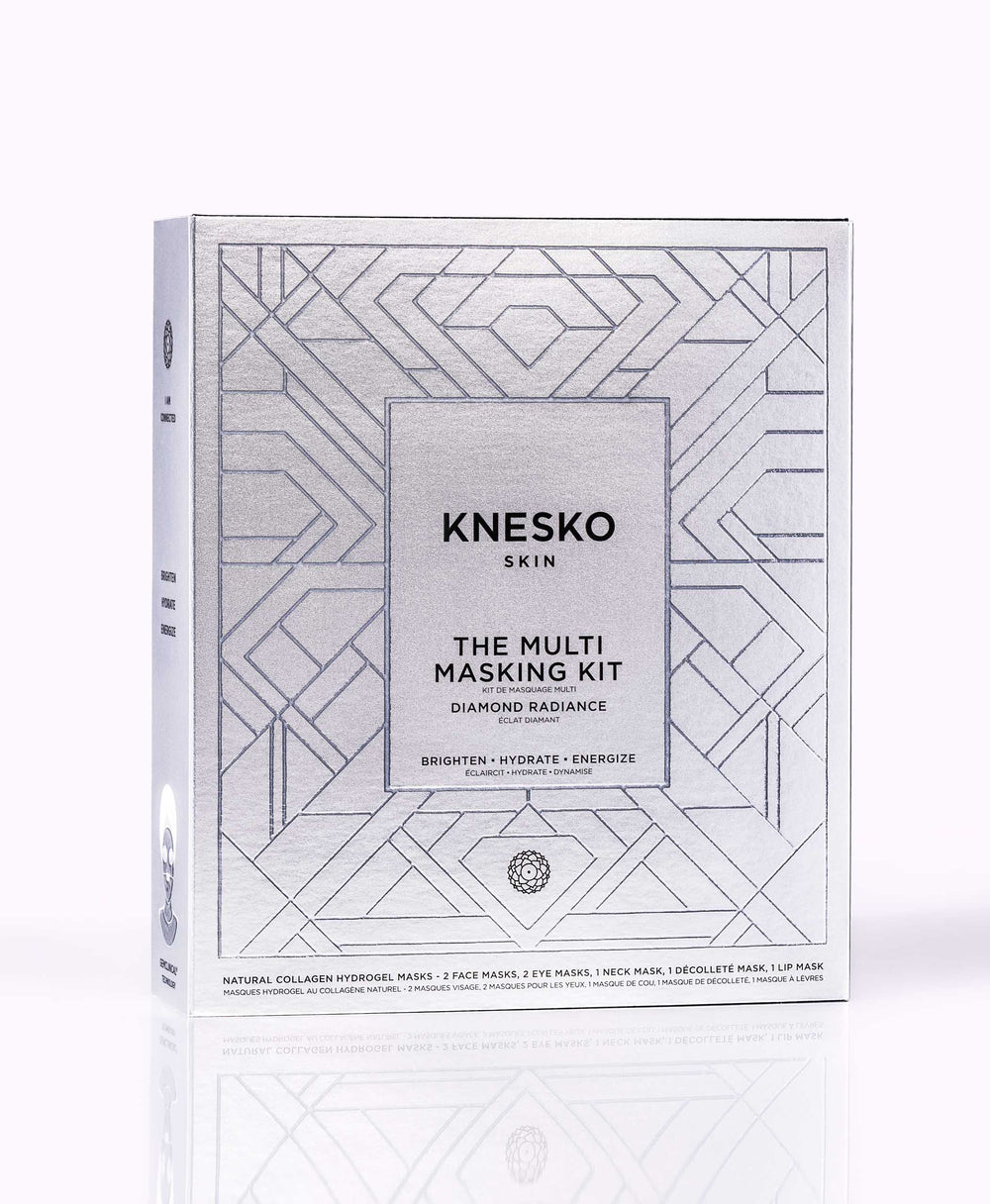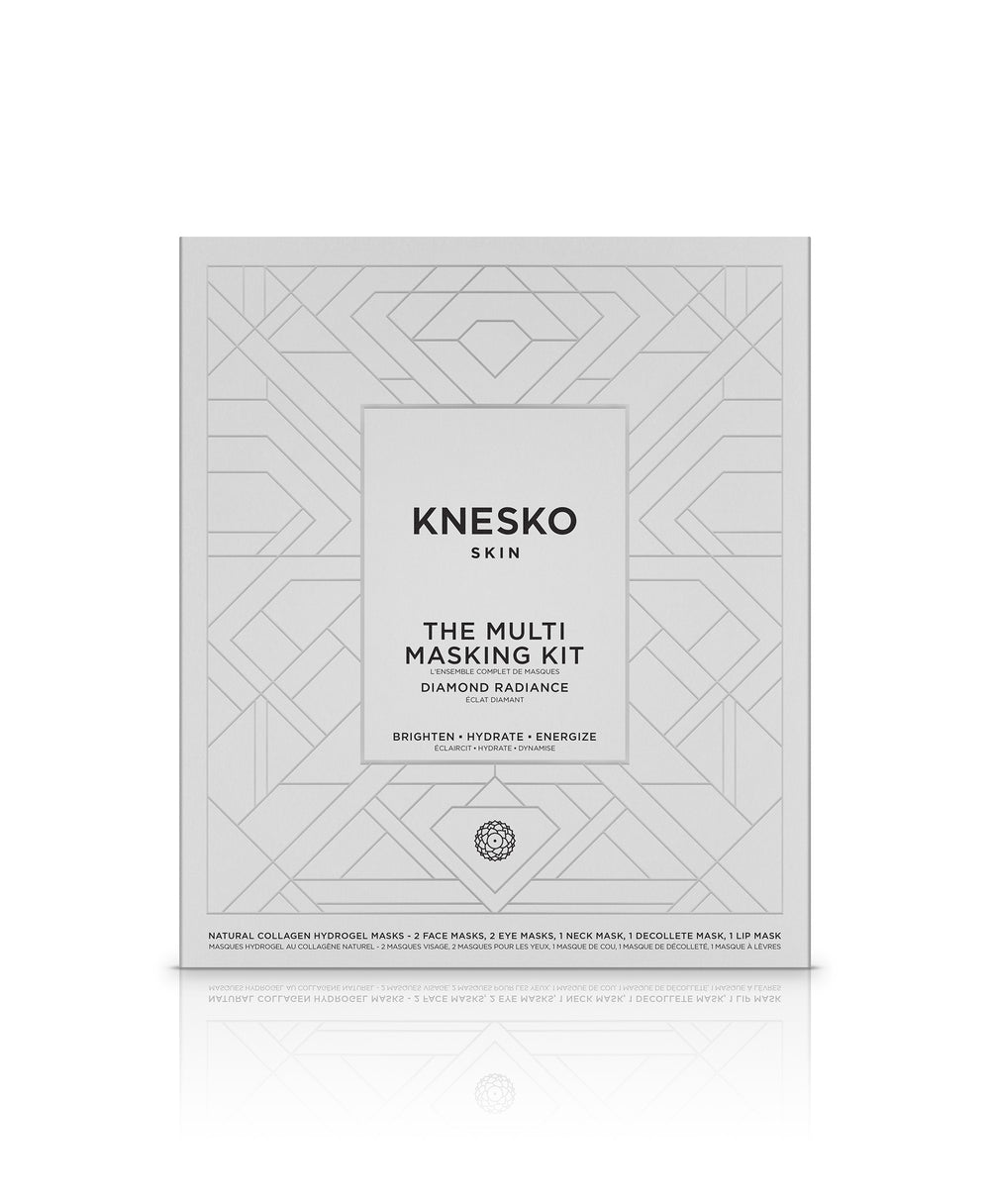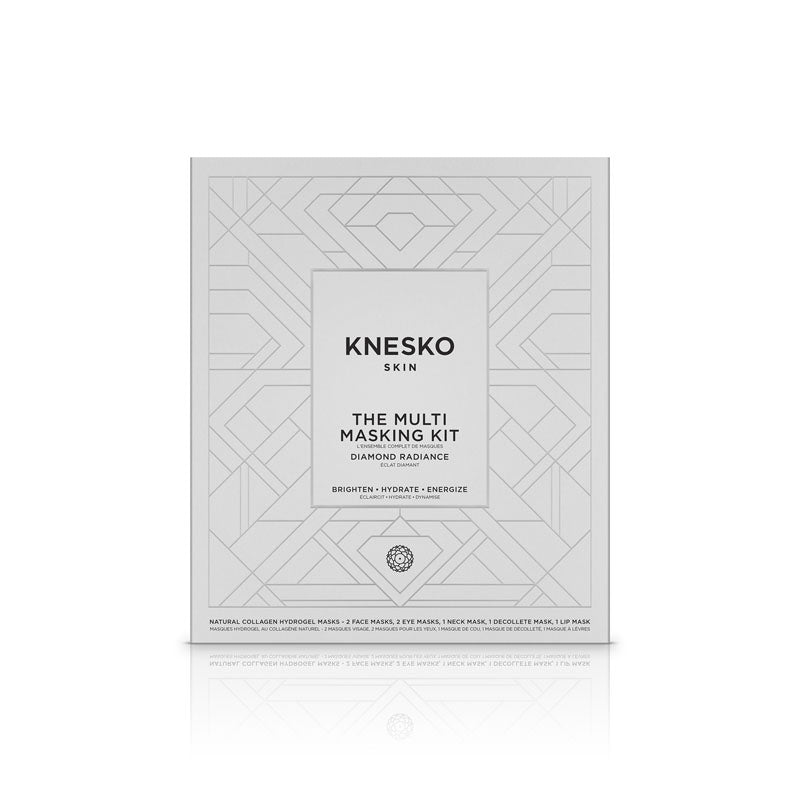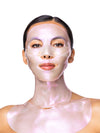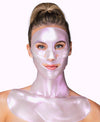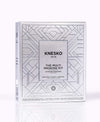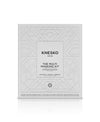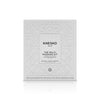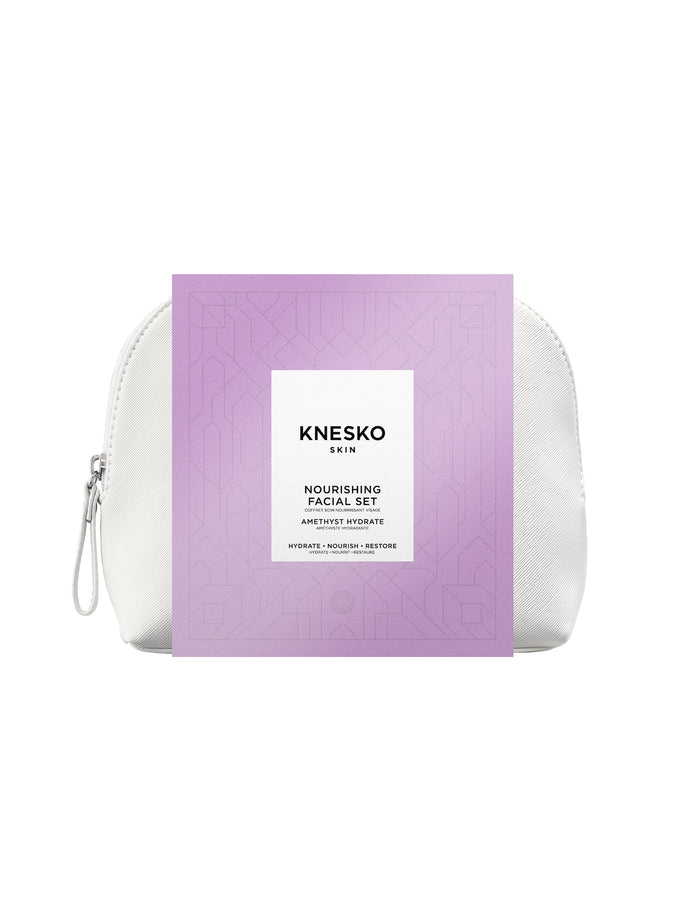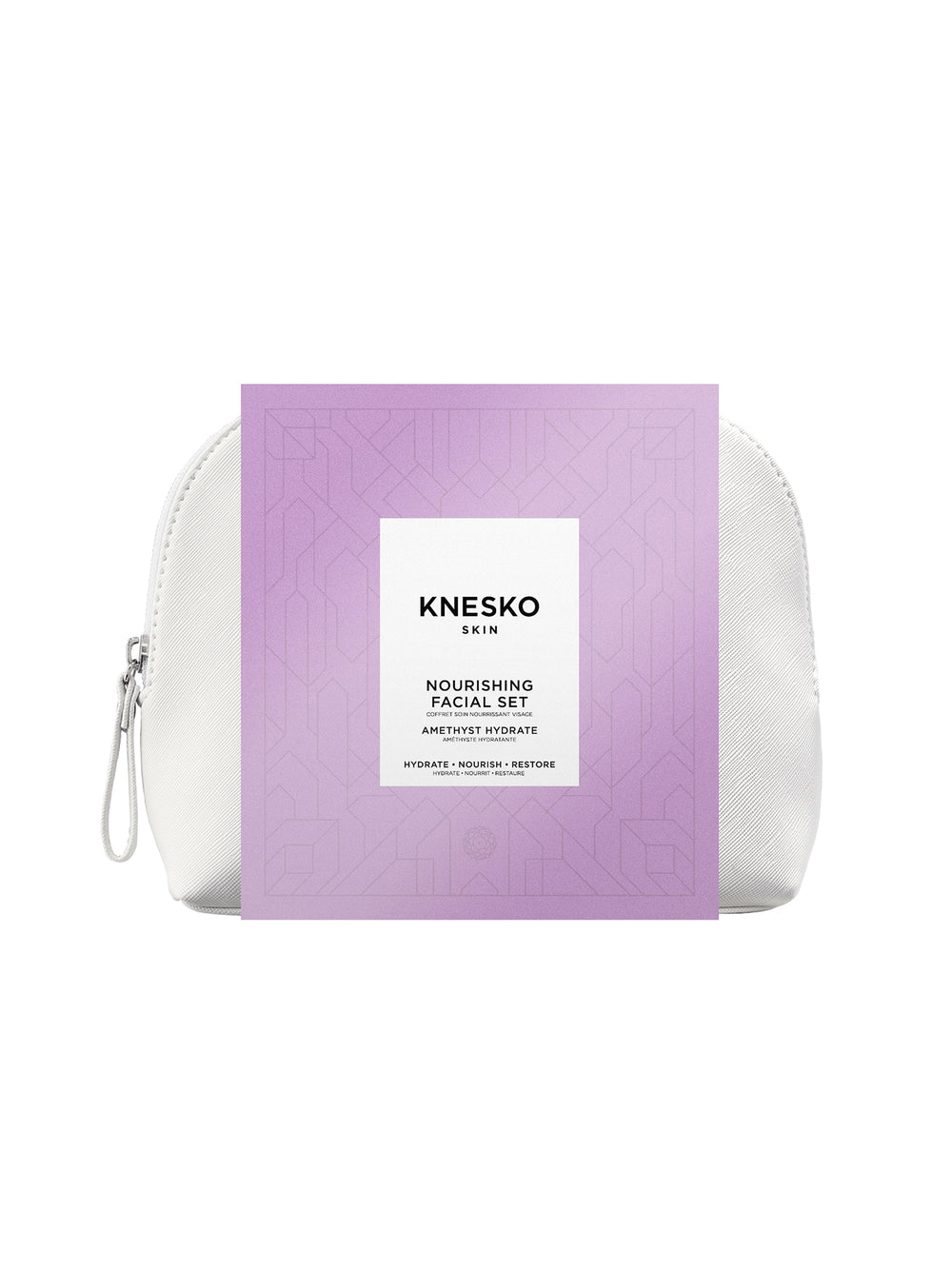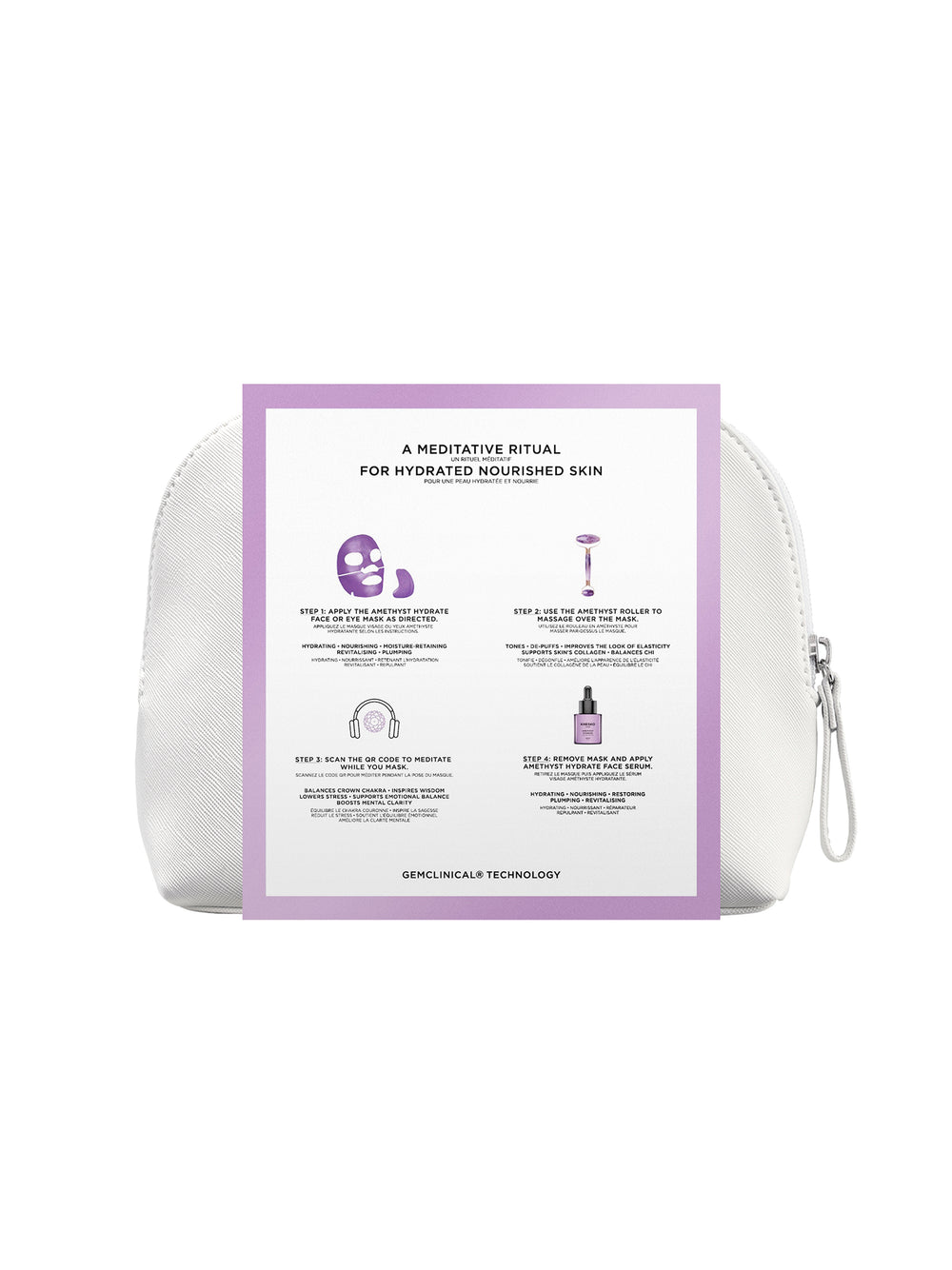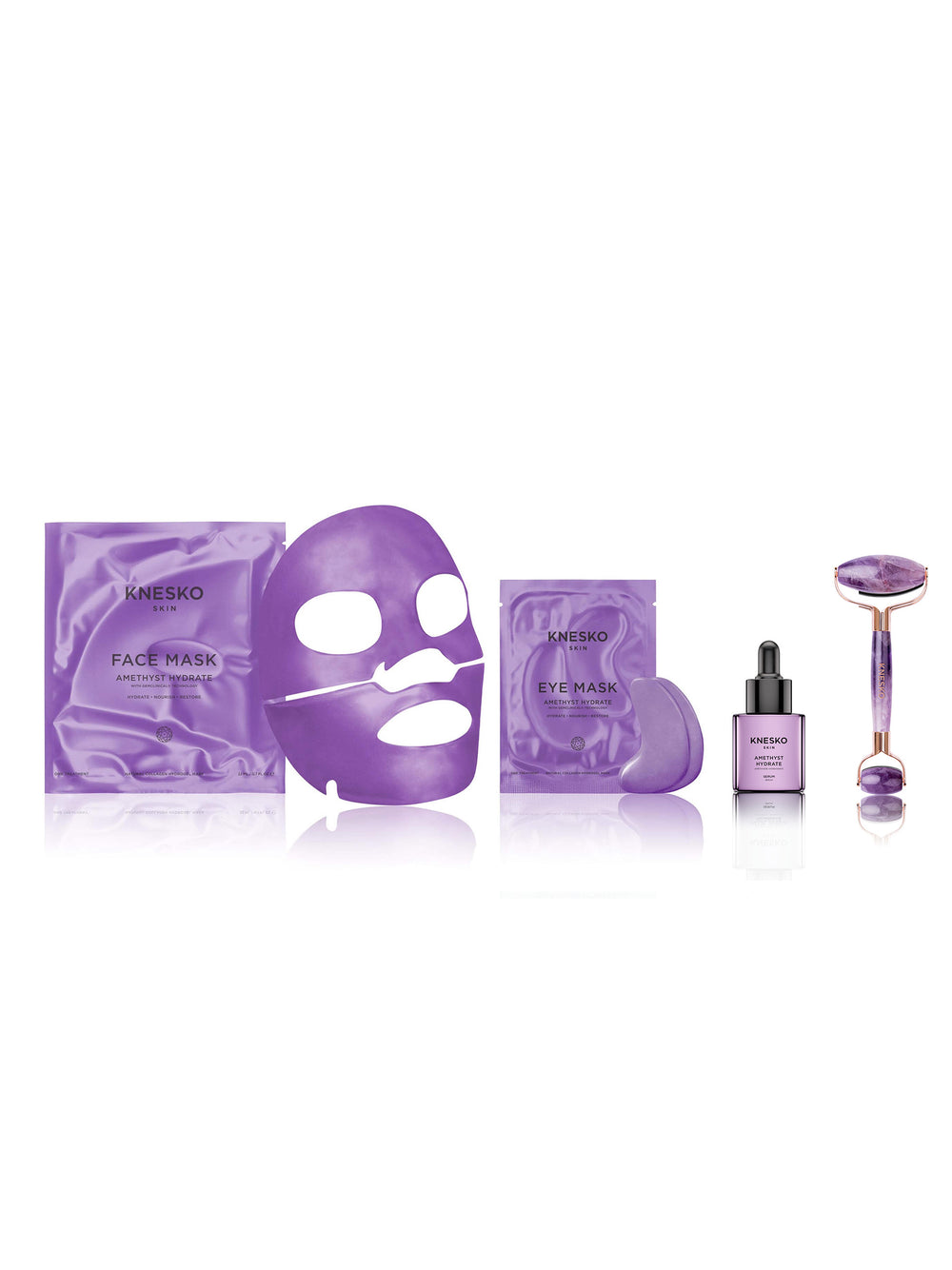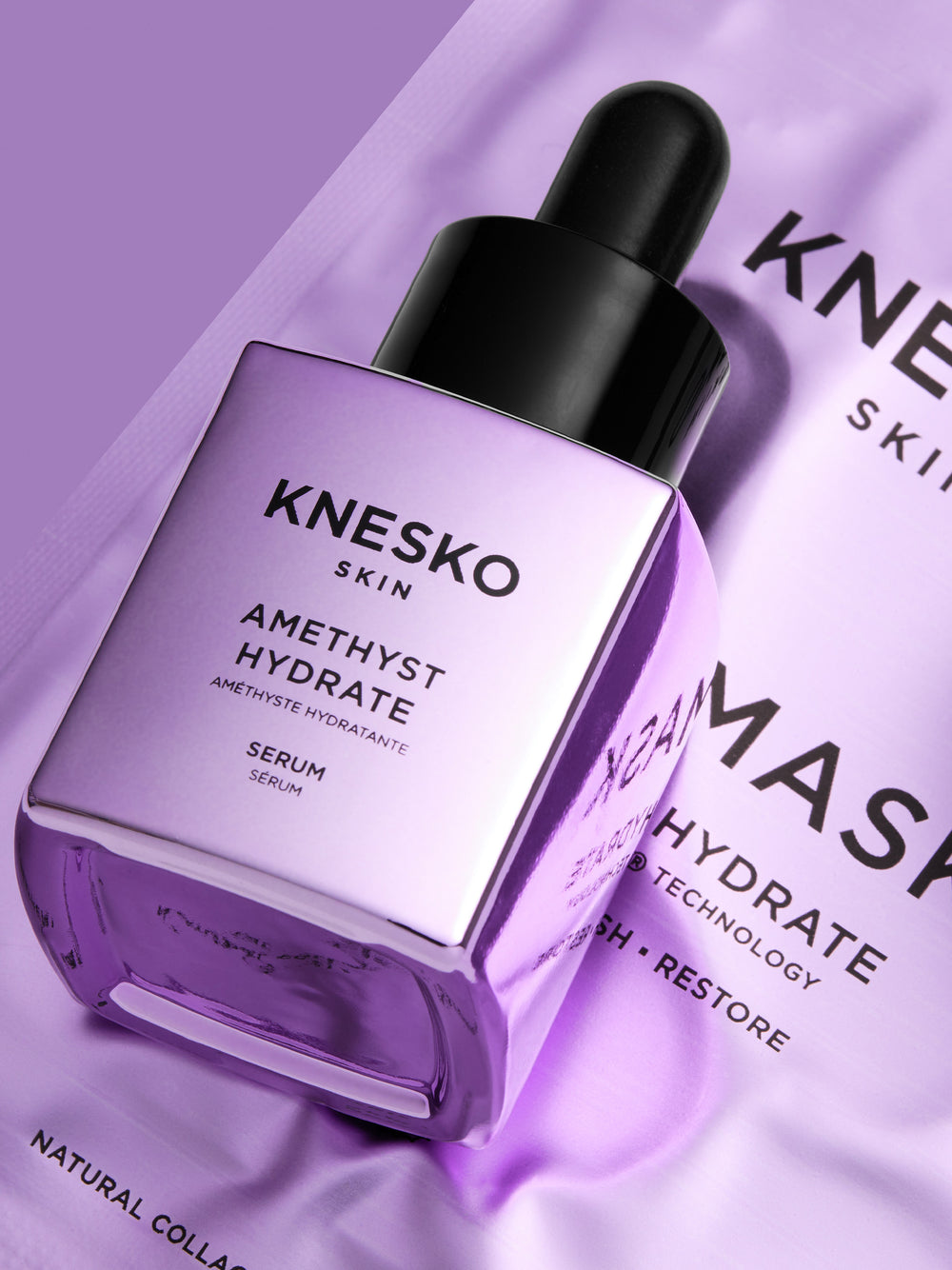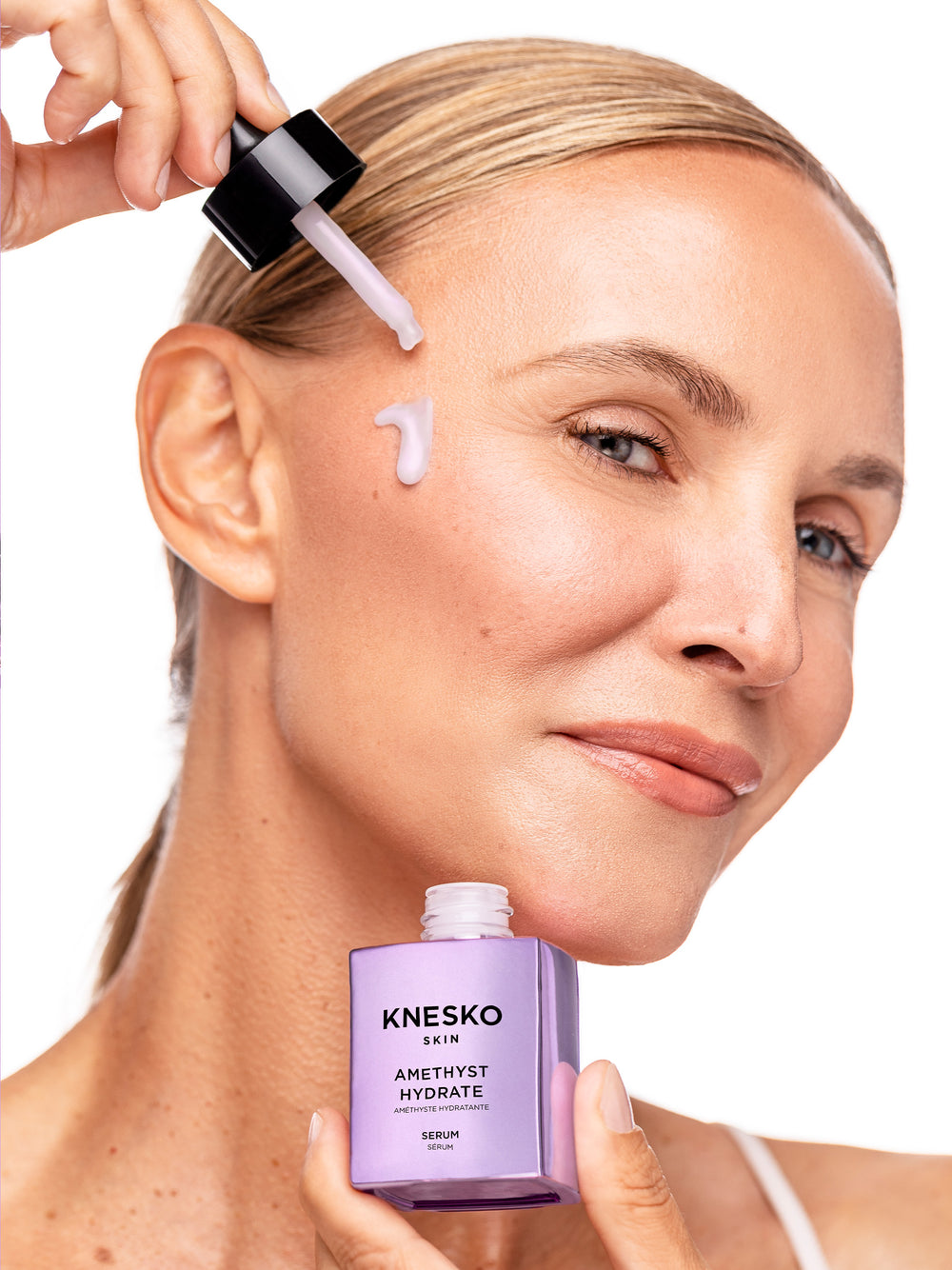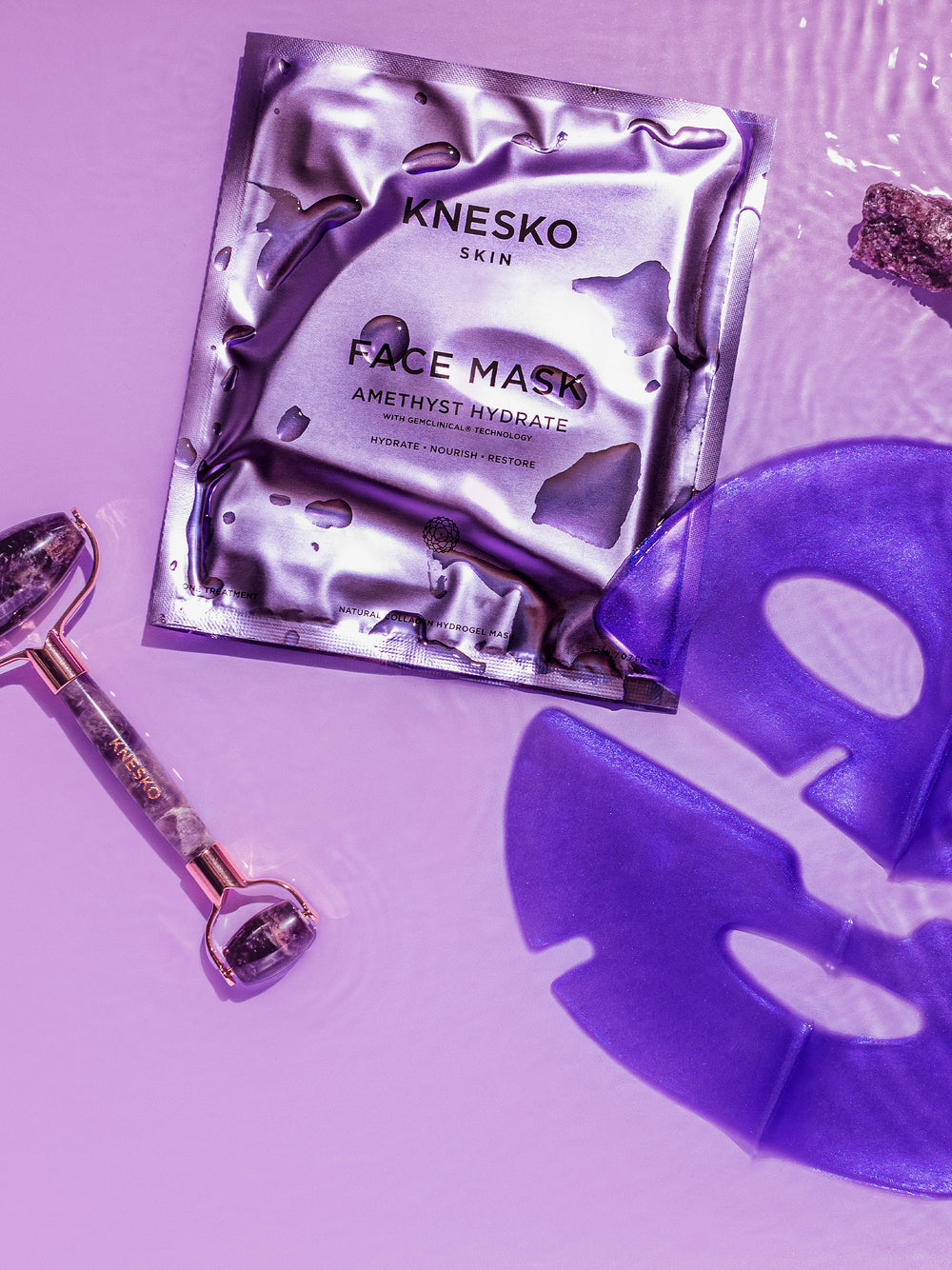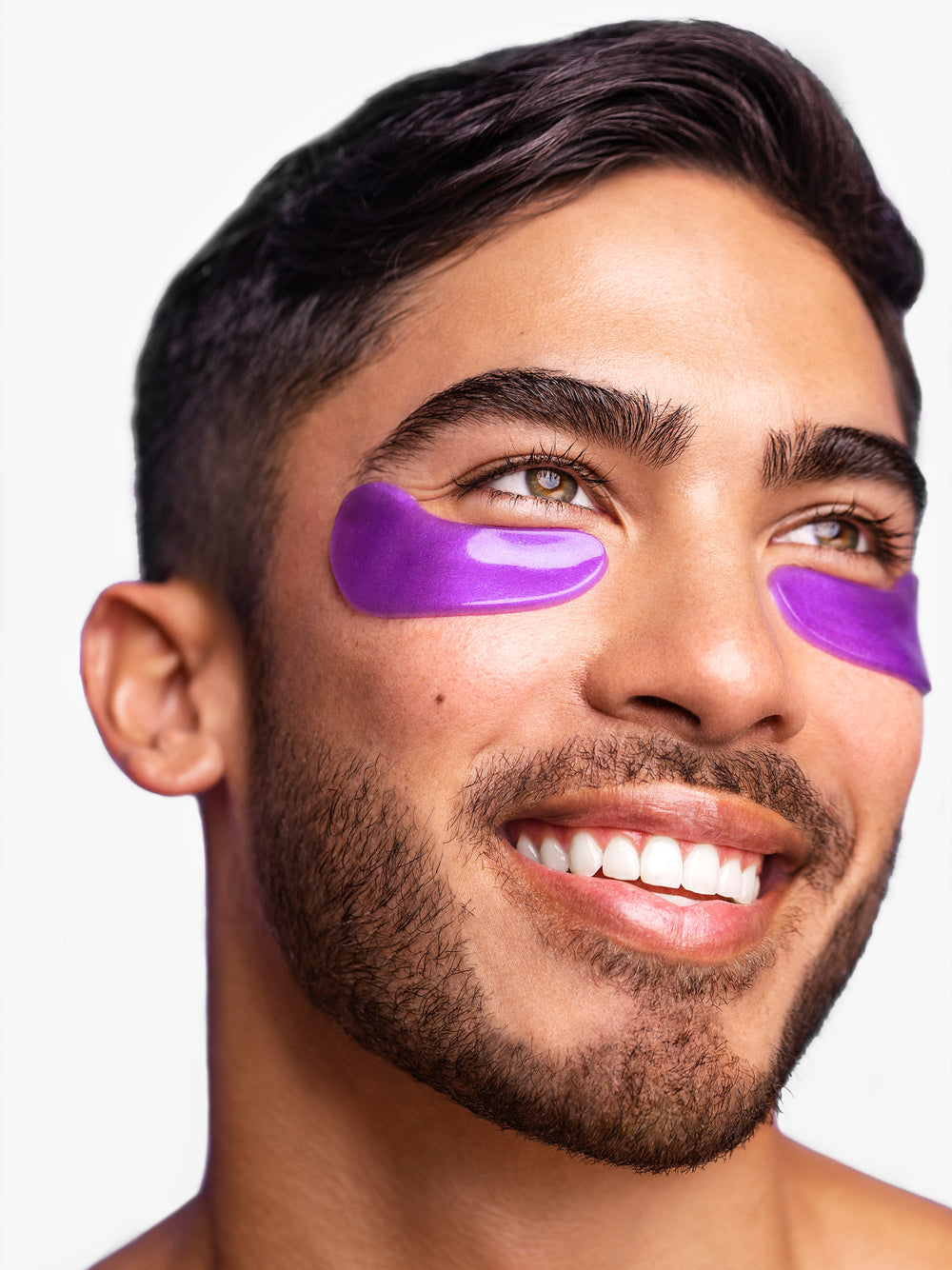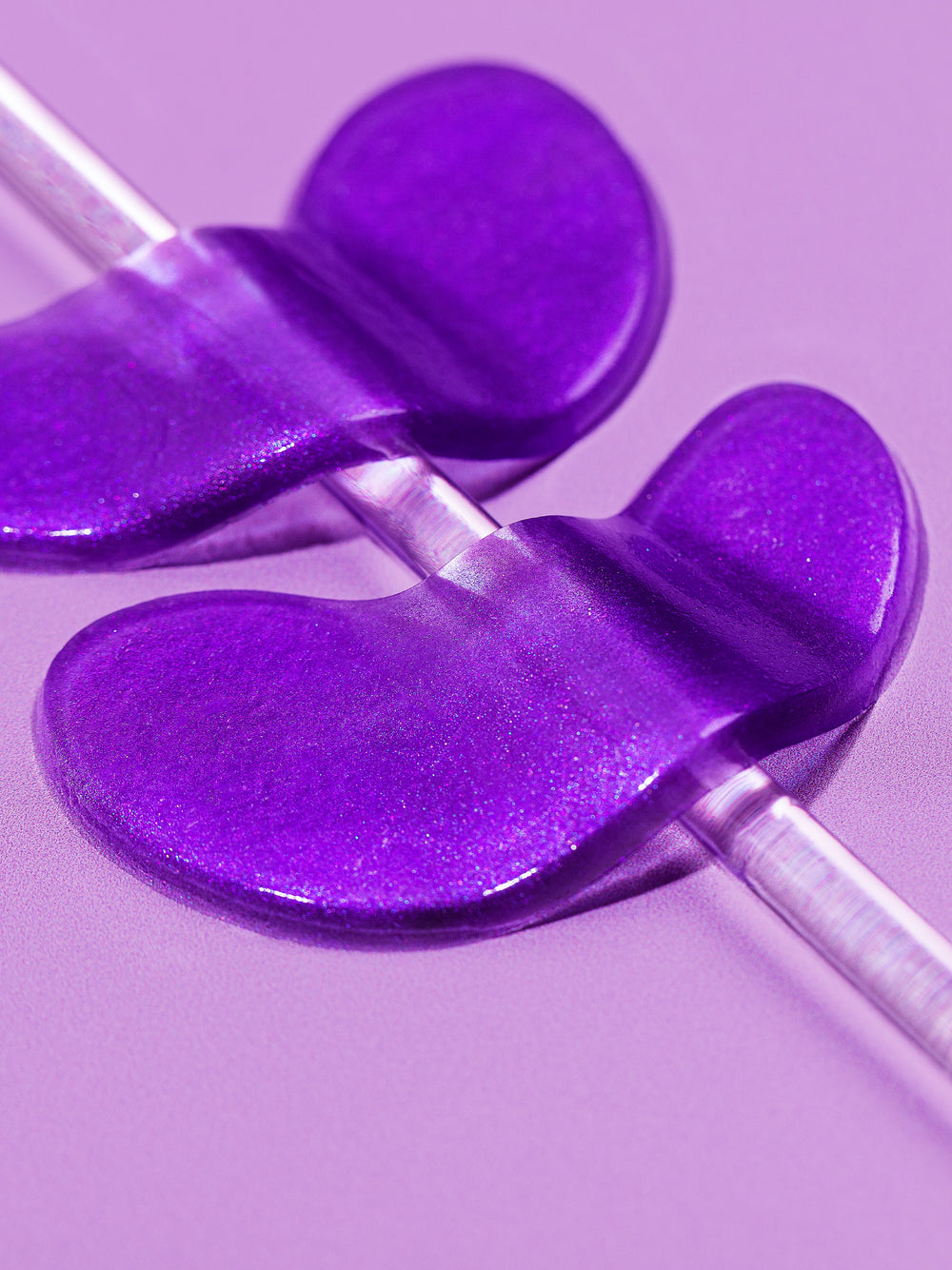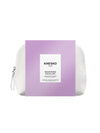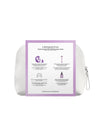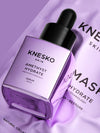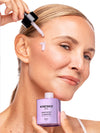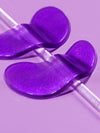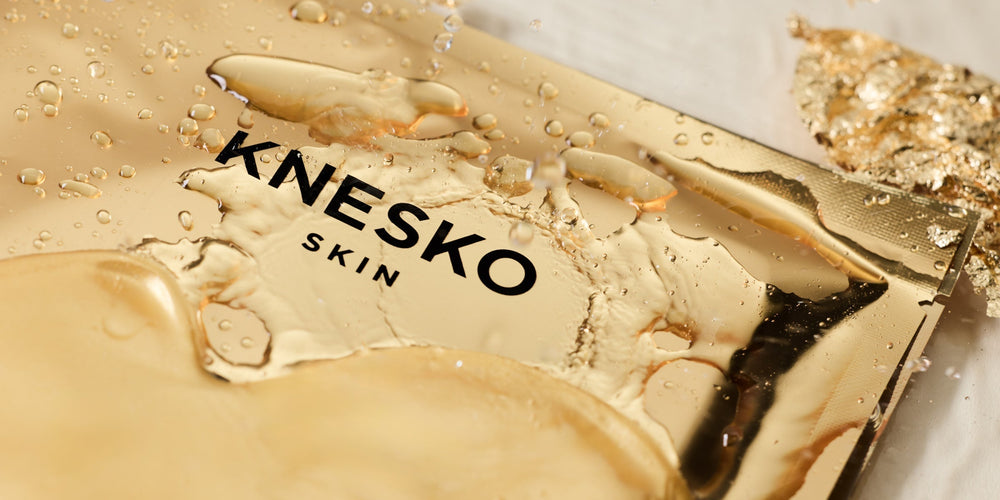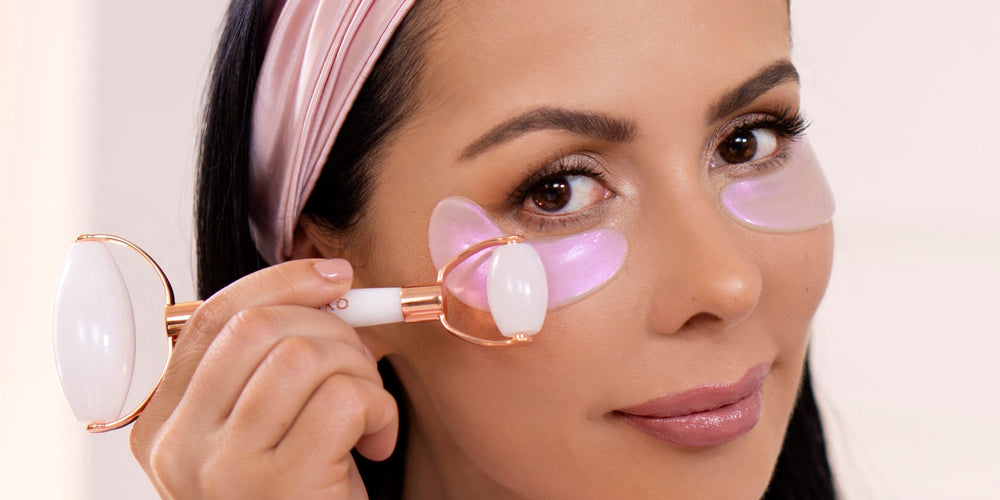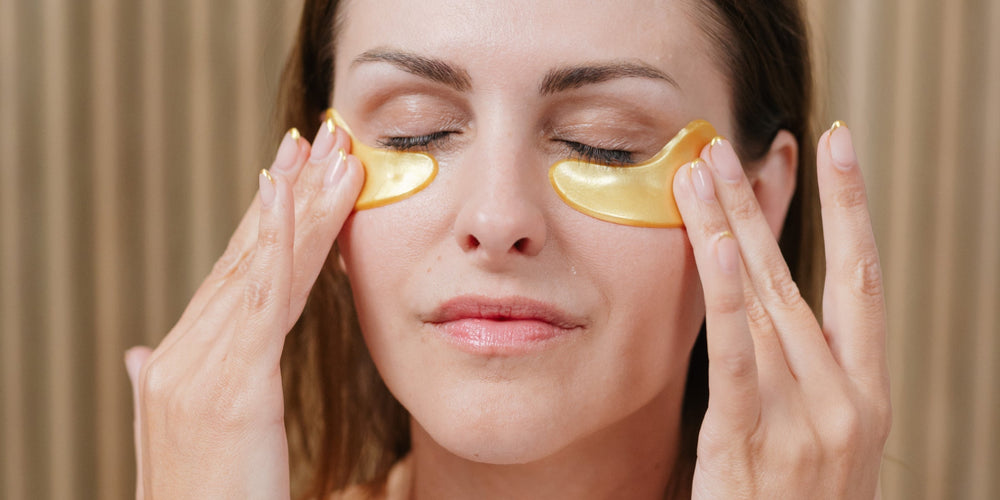Perimenopause and menopause symptoms can start as early as your mid 30s and early 40s, and one of the most common “side effects” is a notable loss in skin firmness. This happens as a natural part of aging, of course, but all those hormonal changes can expedite the process. Physiologically, you start seeing a breakdown in your skin’s structural support systems—namely collagen, elastin, and hyaluronic acid.
Guided by an OBGYN and esthetician who specializes in menopause, we’re taking a deep dive into the science of collagen loss and menopause. We’ll uncover how to recognize early signs of collagen loss, how to restore balance, and which at-home and in-office rituals truly make a difference.
Related: 7 Surprising ways Menopause Affects Your Skin
Why Does Collagen Loss Happen with Menopause?
Collagen production naturally begins to decline in the late 20s to early 30s for everyone. However, when women start to approach menopause—AKA perimenopause, which can begin as early as your mid-30s—you’ll usually start to notice little changes in your skin due to hormonal shifts. Specifically, there are notable changes in estrogen, progesterone, and testosterone.
“Estrogen helps keep collagen and elasticity strong, so when it drops, the skin starts to age faster. When collagen and elasticity begin to decline, your skin might not feel as firm, you start to see less firmness, more fine lines and overall, your skin just starts to feel different,” explains Erica Marie Gatt, esthetician and founder of EM Skin Studio.
Once you move into menopause, she says those changes can become even more noticeable, especially if you haven’t prepared your skin during perimenopause. You might notice more wrinkles, sagging skin, acne, or that crepey texture. And for some, it can all feel so abrupt, as if these changes happened in a matter of weeks or even overnight.
Signs of Menopause Collagen Loss:
- Thinning skin: The skin may feel more delicate and prone to tearing or bruising. Collagen provides structure and density to the dermis (the skin’s middle layer), so when production declines during menopause that layer becomes thinner.
-
Sagging: Less collagen and elastin can lead to drooping or sagging. This is especially noticeable around the jawline (jowls), cheeks, and neck.
-
Loss of volume: Cheeks, under-eyes, and lips may appear flatter or less plump due to lost structural support and reduced collagen, elastic, and hyaluronic acid.
-
Crepey texture: A decrease in collagen means the skin’s structural “scaffolding” starts to thin, leaving it less resilient and more prone to that finely wrinkled, paper-like look.
-
Fine lines and wrinkles: Expression lines start to settle in more permanently. Over time, these fine lines deepen into wrinkles, especially around areas with repetitive movement like the eyes, mouth, and forehead.
Gold Repair Collagen Face Mask
How to Visibly Slow Collagen Loss During Menopause
While collagen decline is a natural part of aging, there are effective ways to slow the process at home, particularly through consistent care, notes Maral Malekzadeh, MD, a board-certified OBGYN and co-owner of The Well Westlake.
Best At-Home Skincare
In-office treatments spaced out four to six times per year can make a huge difference, but it’s truly the at-home, daily rituals that keep your skin looking vibrant and bouncy.
-
Peptides: Gatt strongly recommends a daily skincare routine that helps boost collagen and cell renewal. One of the best ingredients for this is peptides, which act as messengers that signal your skin to ramp up collagen production, helping it appear firmer, smoother, and more resilient over time. Try KNESKO’s Gold Repair Serum and Gold Repair Face Mask, which feature multiple peptides that each work overtime for your skin.
-
Retinoids + Bakuchiol: Gatt also says that ingredients that drive skin cell turnover and renewal are excellent for menopausal skin. For a gentler alternative to retinol—which you may want if dealing with sensitive skin due to hormonal fluctuations—bakuchiol is a real hero. You’ll find it in our Diamond Radiance Collection, which does double duty by brightening skin tone.
-
Hyaluronic Acid: This plumping ingredient may seem like a throwaway, but it is one of the most powerful tools in your menopause skincare tool belt. Especially when it comes to plumping skin for a bouncy look and minimizing the appearance of fine lines and wrinkles. Not all hyaluronic acids are created equally, though. KNESKO’s Amethyst Hydrate Serum and Amethyst Hydrate Collagen Masks use a high-quality blend for best results.
-
Growth Factors + Exosomes: Another recommendation from Gatt, these advanced actives work at a cellular level to support skin repair and regeneration. Growth factors help stimulate fibroblasts—the cells responsible for producing collagen and elastin—while exosomes act as tiny messengers that enhance communication between cells, amplifying rejuvenation signals.
-
Daily Sunscreen: “Daily sun protection with broad-spectrum SPF is essential, as UV exposure is a leading cause of collagen breakdown,” notes Dr. Malekzadeh. If you do everything else except this, you’ll go against all your hard work. She says to apply an SPF of 30+ every single day, rain or shine, inside or outside.
Pro Tip: Make sure to extend your skincare from face to toes. Check out KNESKO’s Neck + Decolette Masks, Collagen Hand + Foot Masks, and visibly firming, peptide-rich Body Cream + Body Serum.
Diamond Radiance Collagen Multi Masking Kit
Amethyst Hydrate Nourishing Facial Set
In-Office Treatments
Medical aesthetic treatments complement at-home care for collagen maintenance. “Options include chemical peels, laser resurfacing, microneedling with or without radiofrequency, and platelet-rich plasma (PRP), all of which stimulate collagen production and improve skin texture and tone over time,” Dr. Malekzadeh says.
Gatt agrees, adding that the results you see will ultimately depend on your skin, cells, and the type of treatment. However, with several treatments spaced throughout the year, she says that “most people see noticeable improvement in [the look of] tone, texture, tightness, and firmness.”
Related: Signs of Menopausal Acne & Skincare Products That Help
Just make sure you go to someone that has great reviews and consult with a professional before you dive into just any treatment!
Inside-Out Care
Along with aesthetic-type treatments, how we treat our body matters so much. Dr. Malekzadeh says to do the following:
-
Stick to a nutrient-rich diet that includes vitamin C, antioxidants, protein, and healthy fats
-
Stay well-hydrated
-
Avoiding smoking
-
Limit your alcohol
-
Maintain regular exercise, which also contributes to healthy collagen levels
Ultimately, effective collagen care during peri + menopause requires a combination of consistent at-home rituals, a healthy lifestyle, and in-office maintenance that targets specific concerns. This multi-faceted approach supports collagen health and helps maintain skin and tissue vitality over time.
